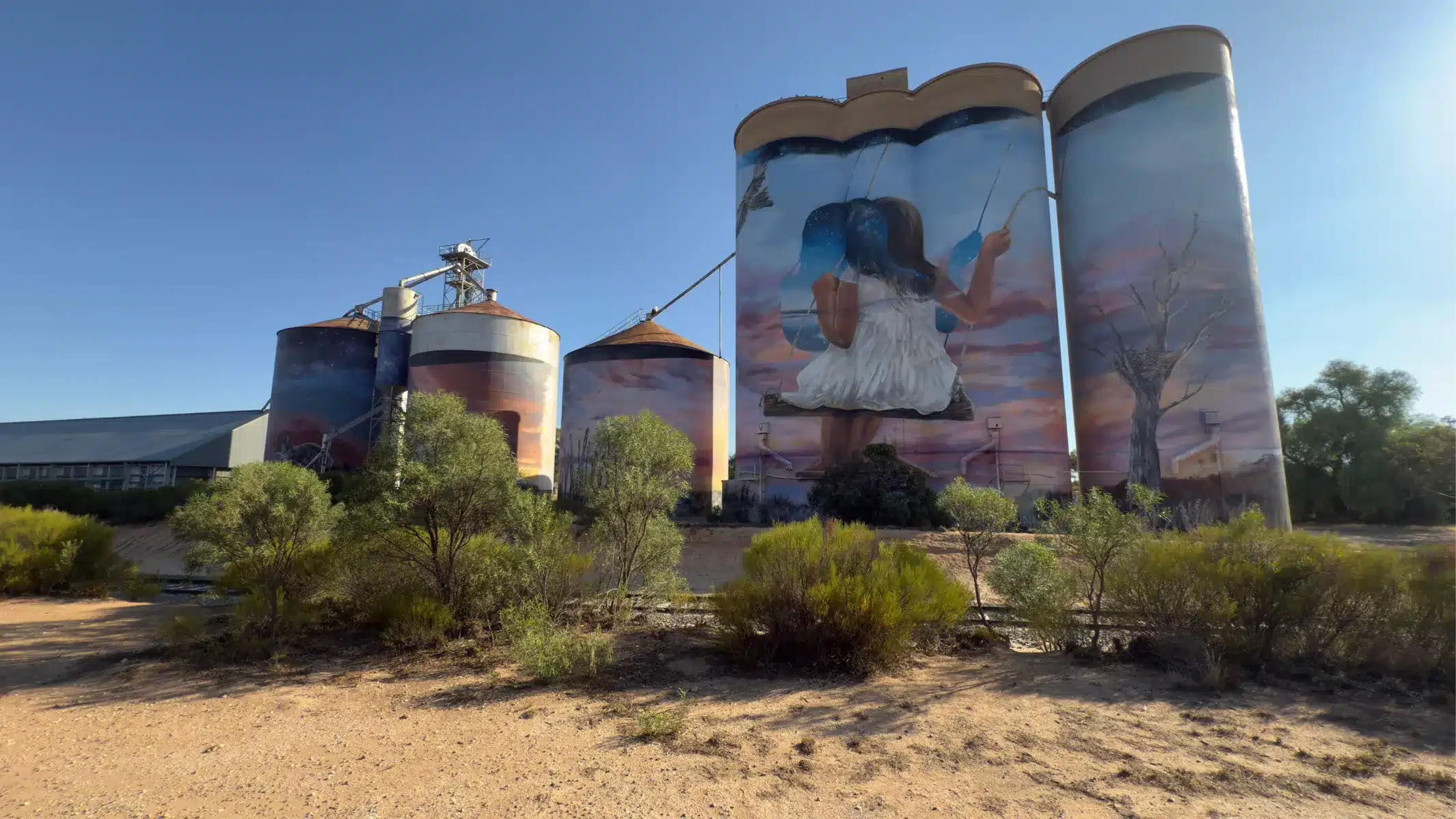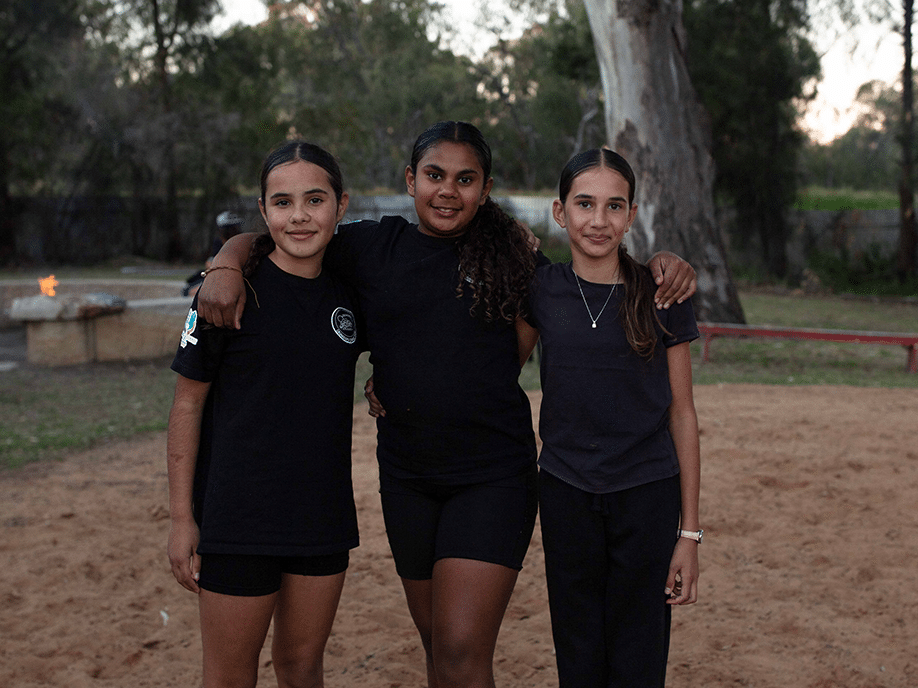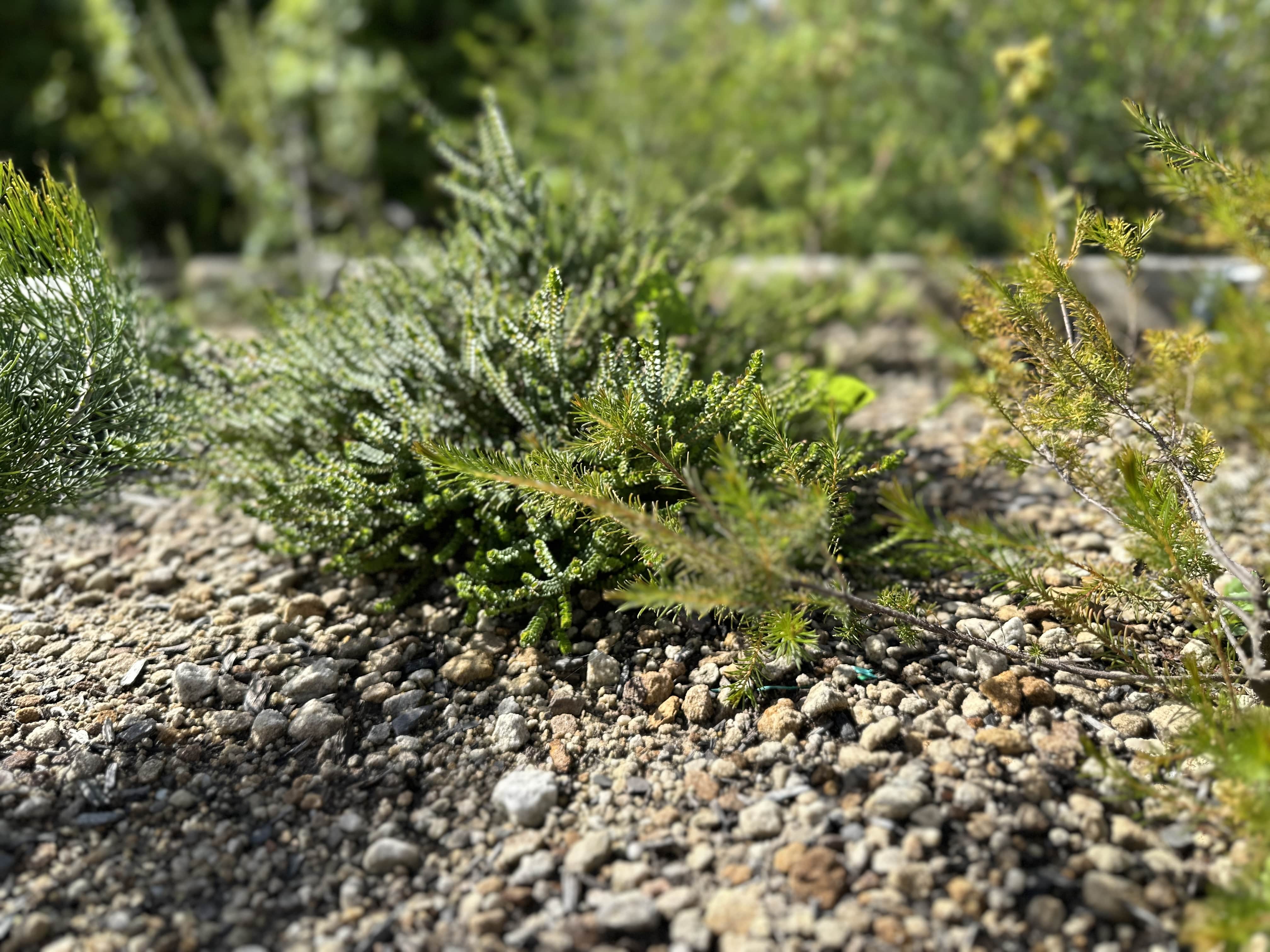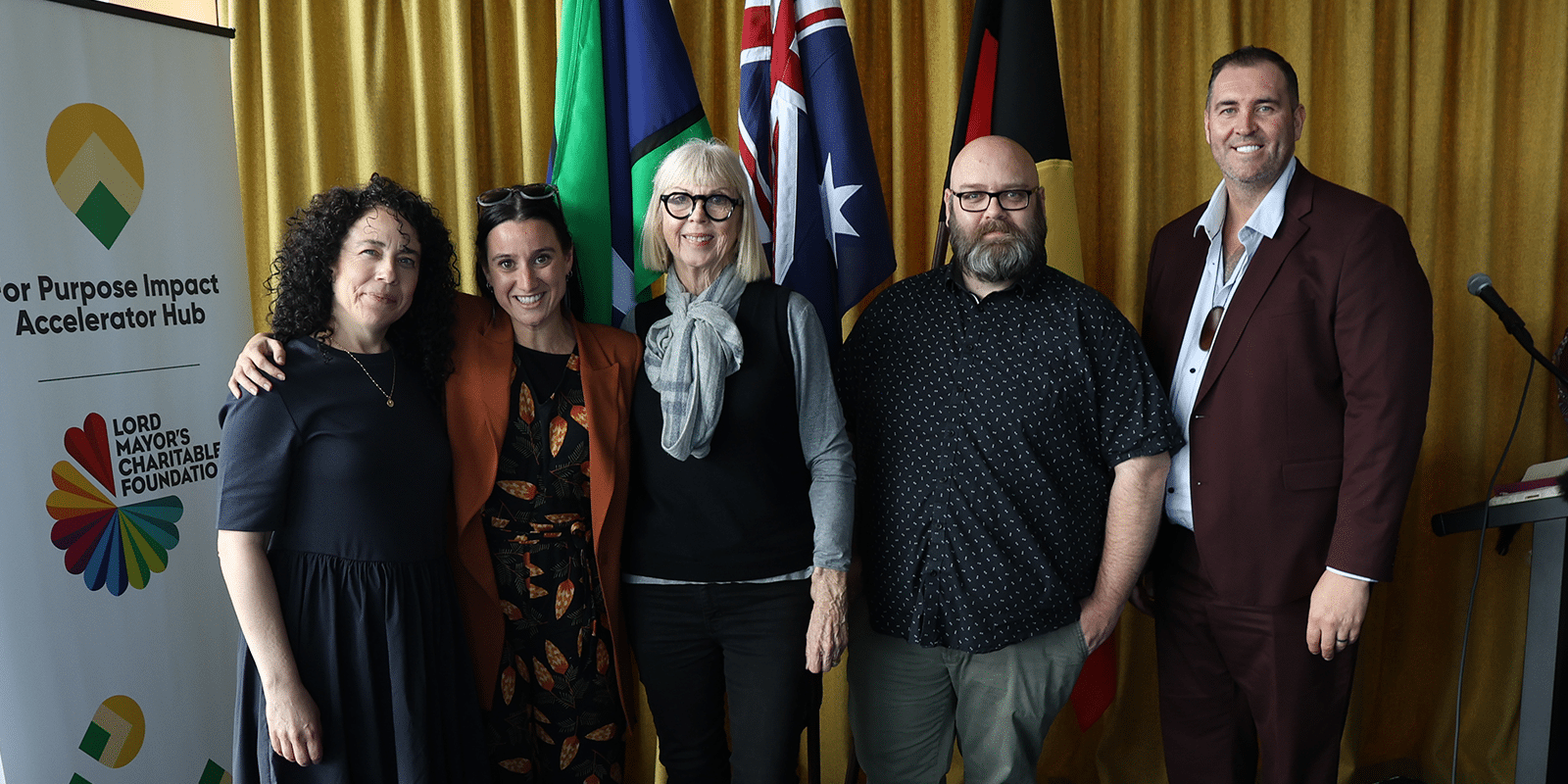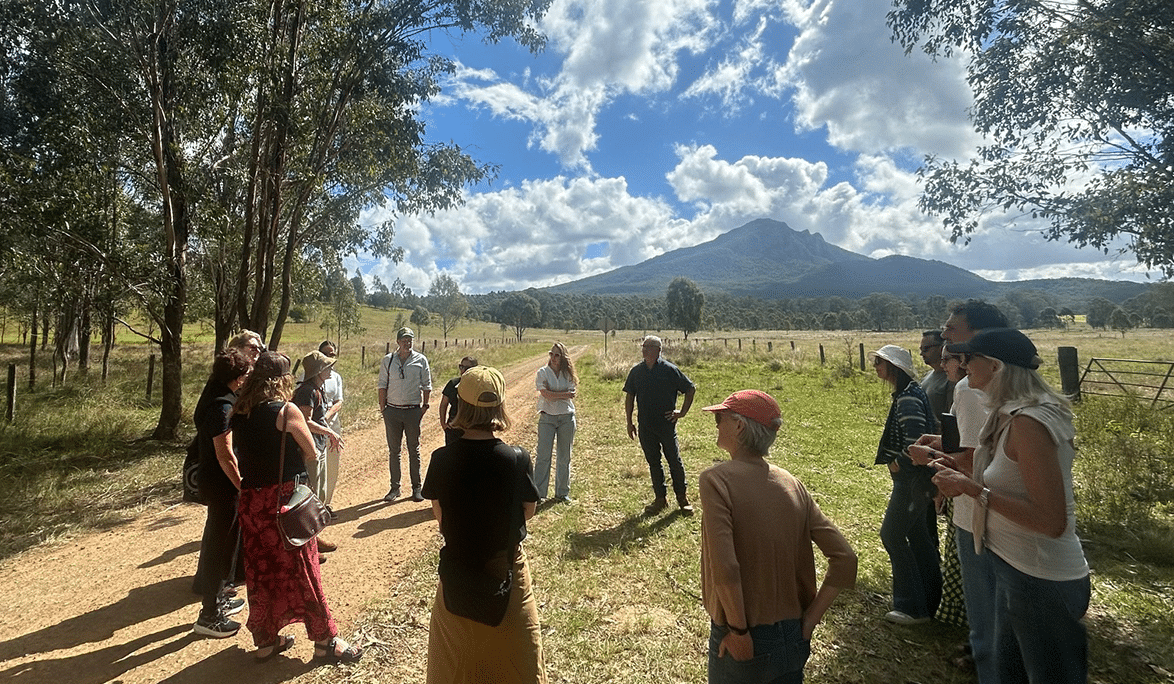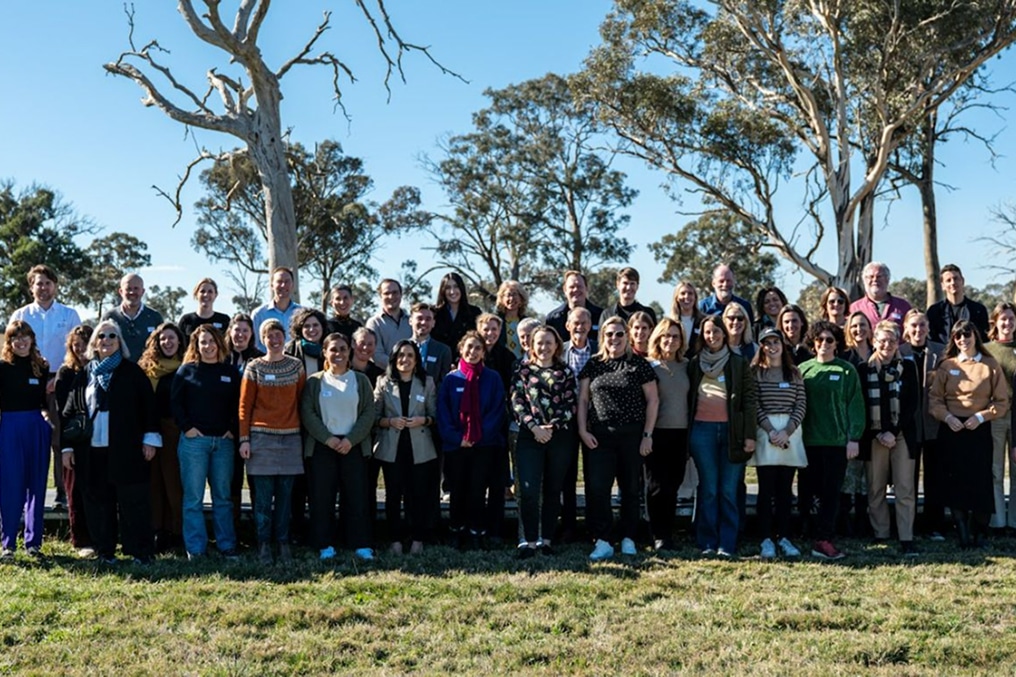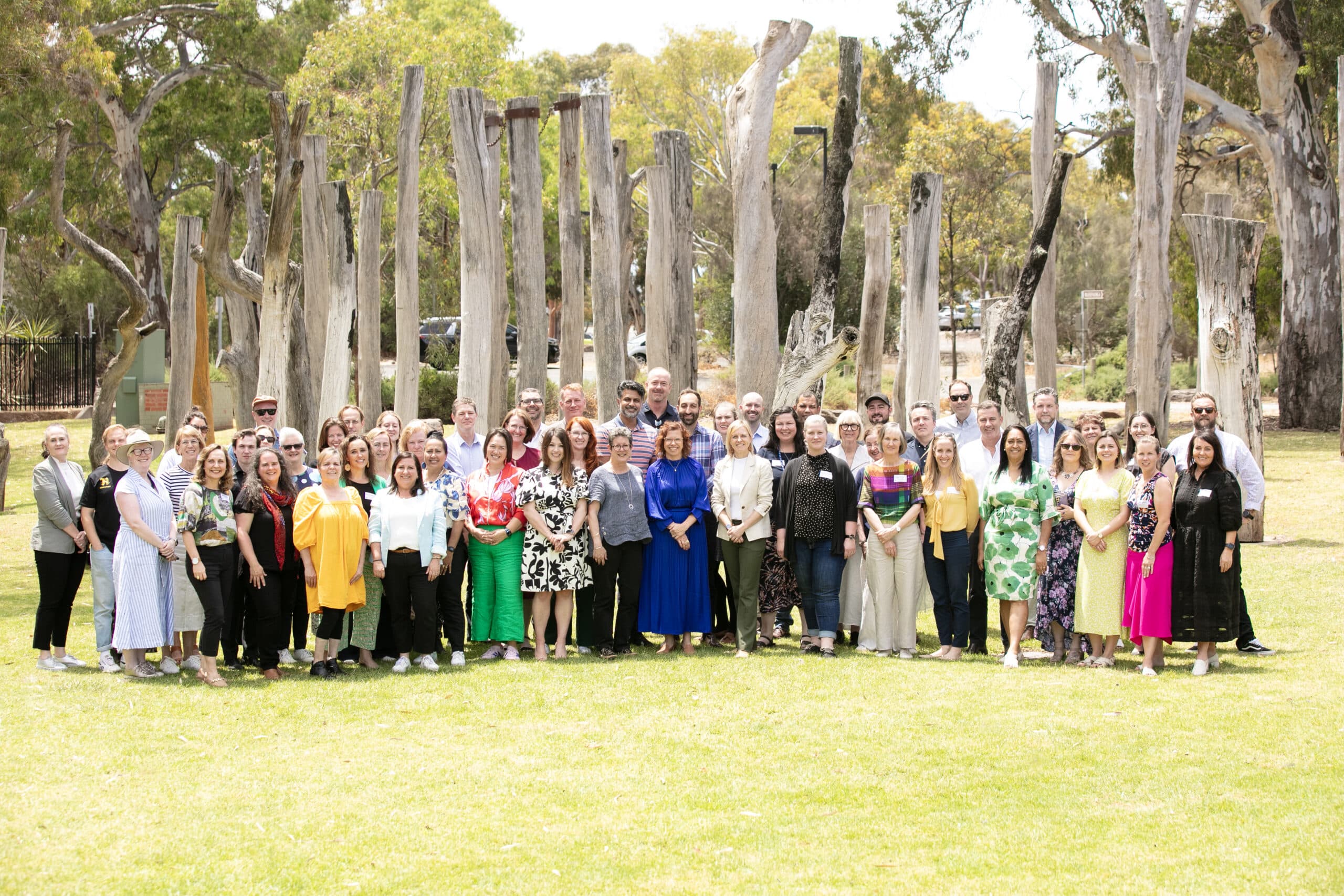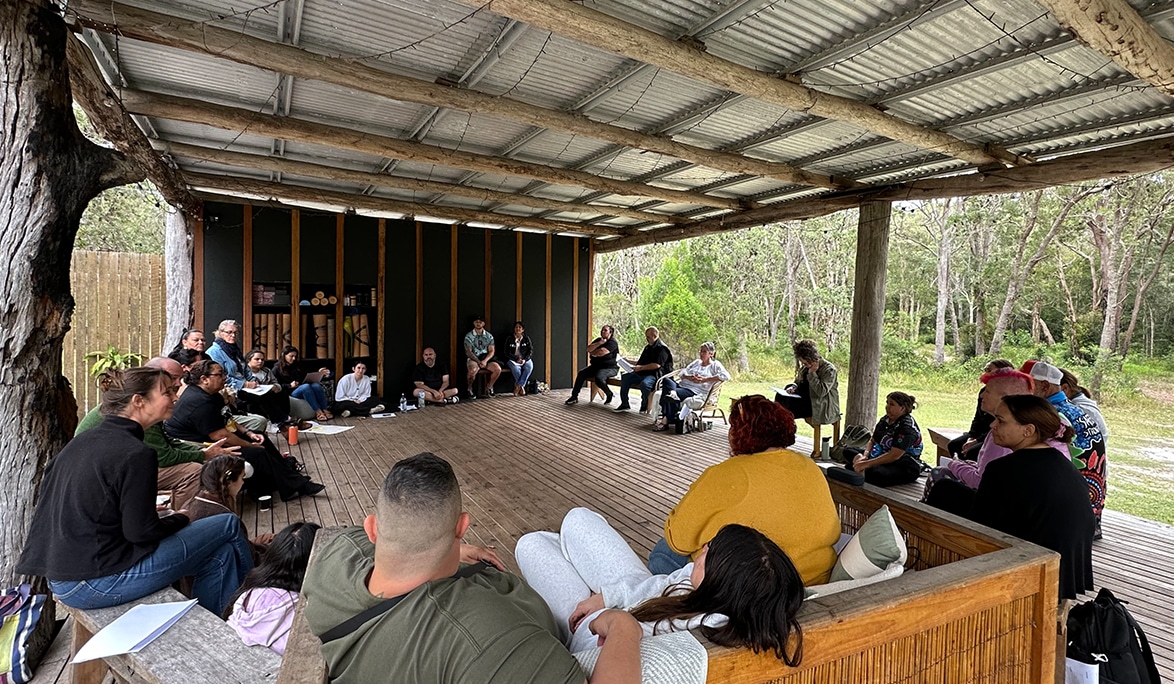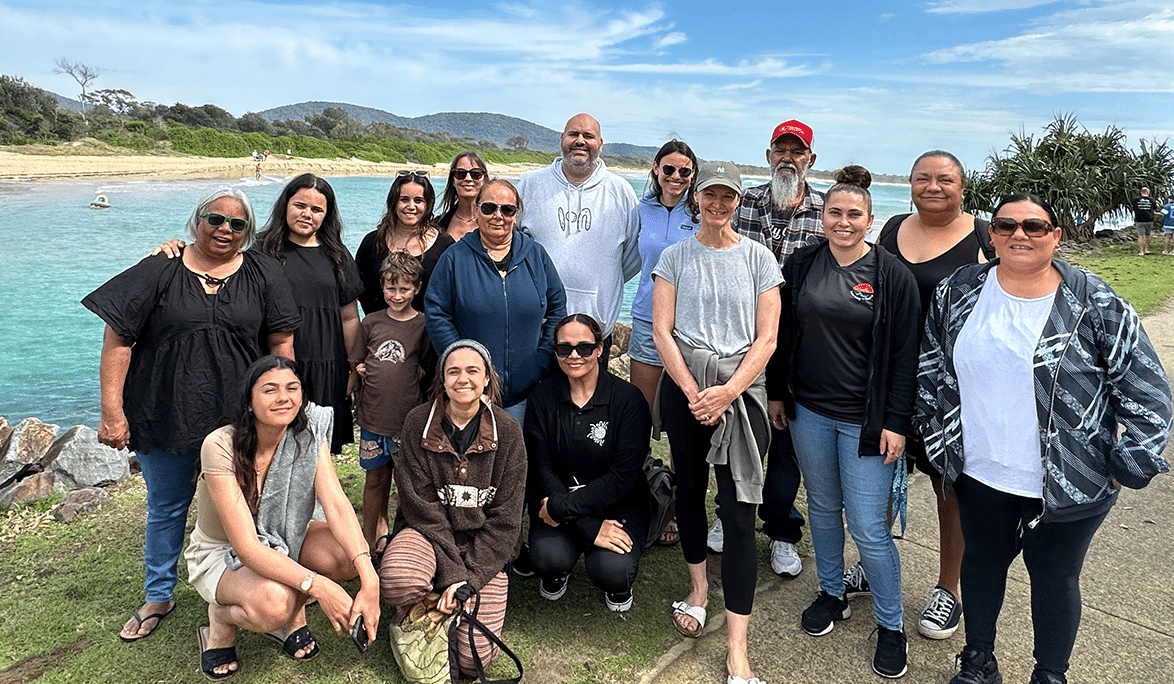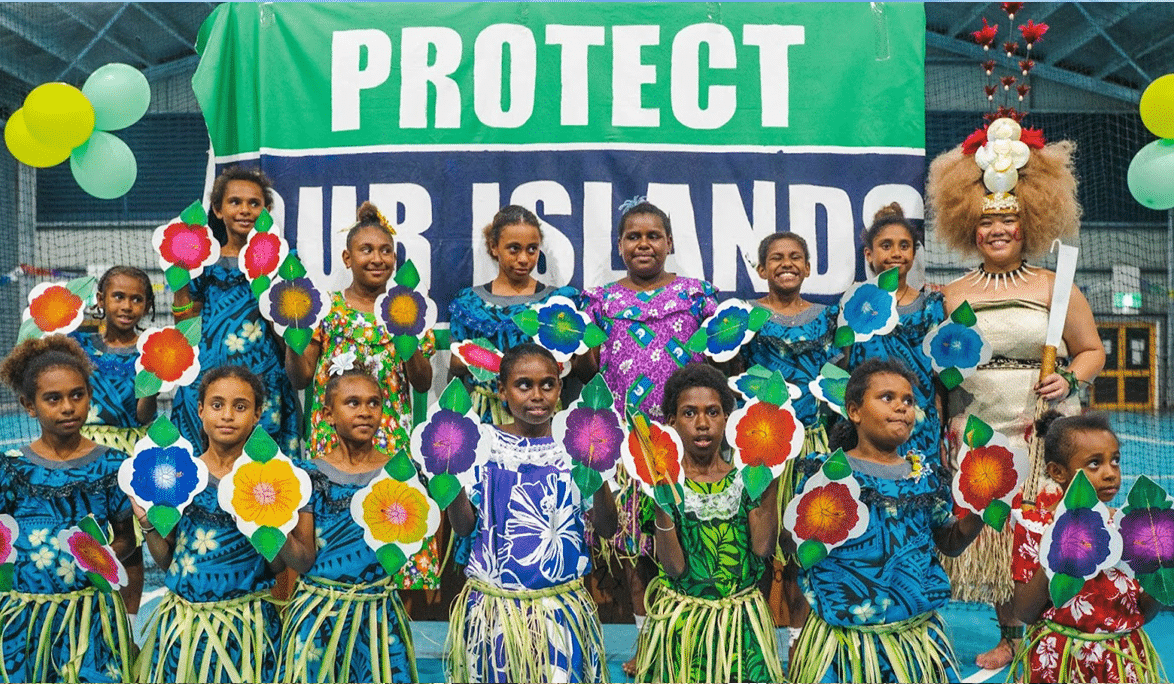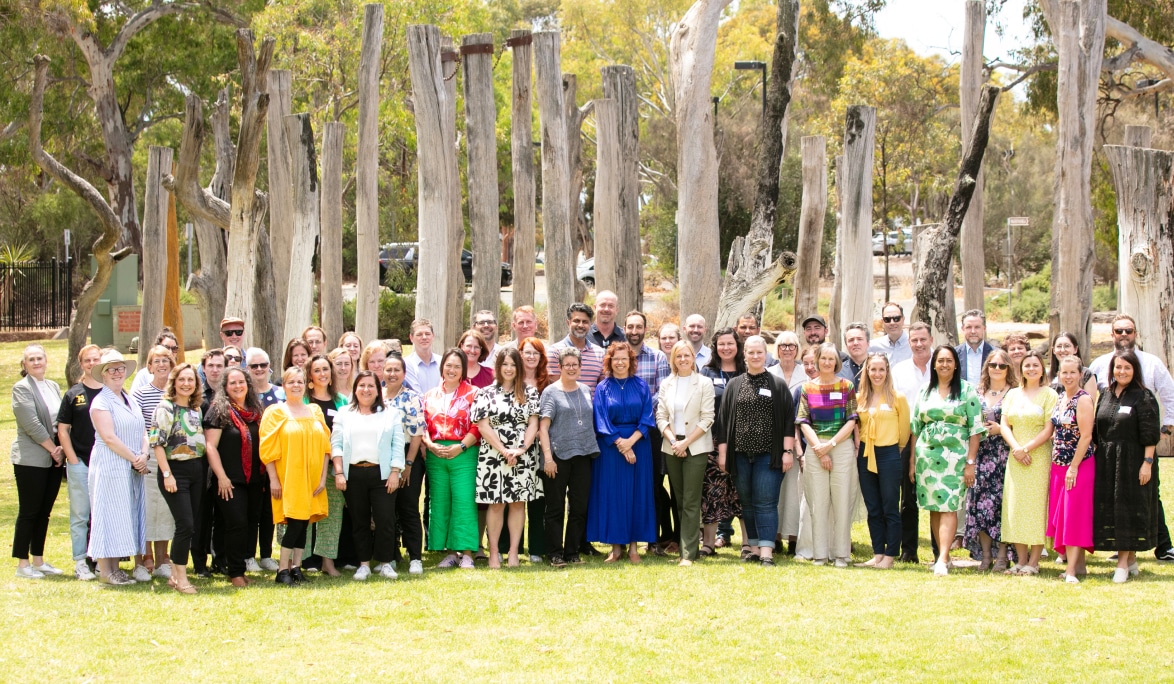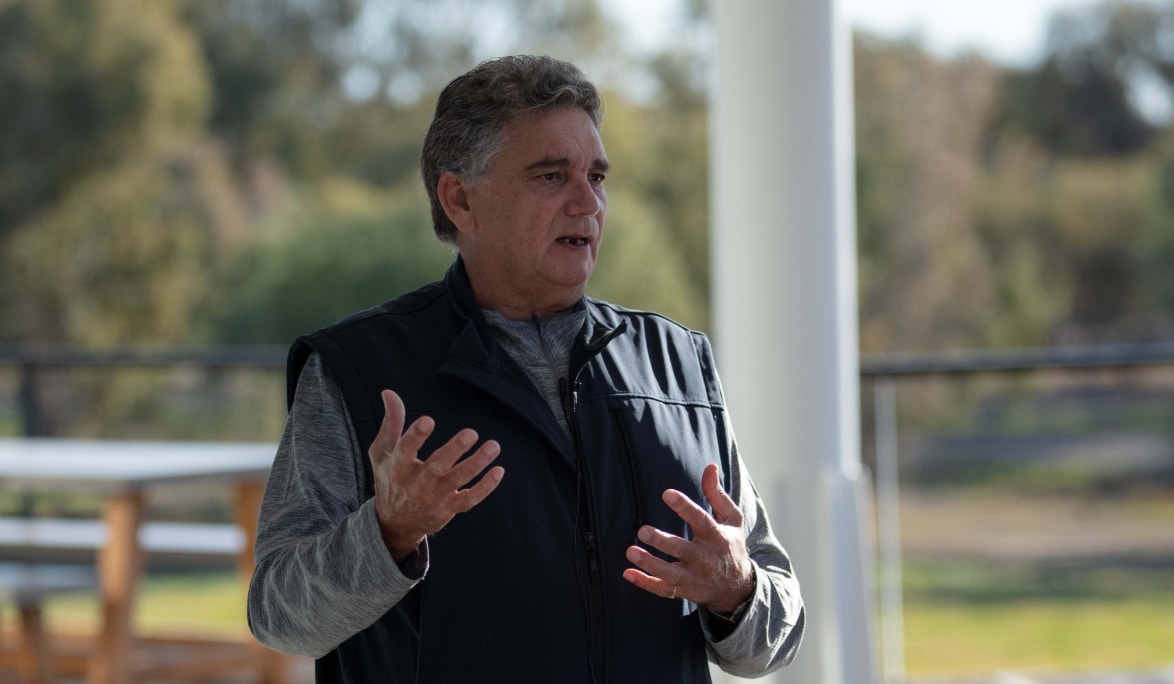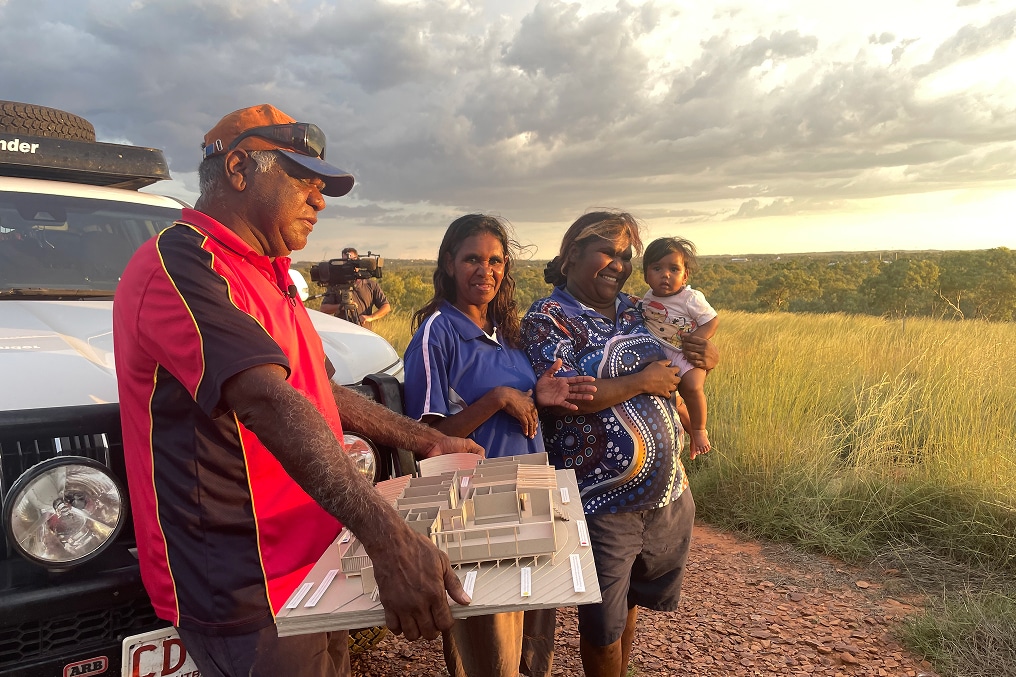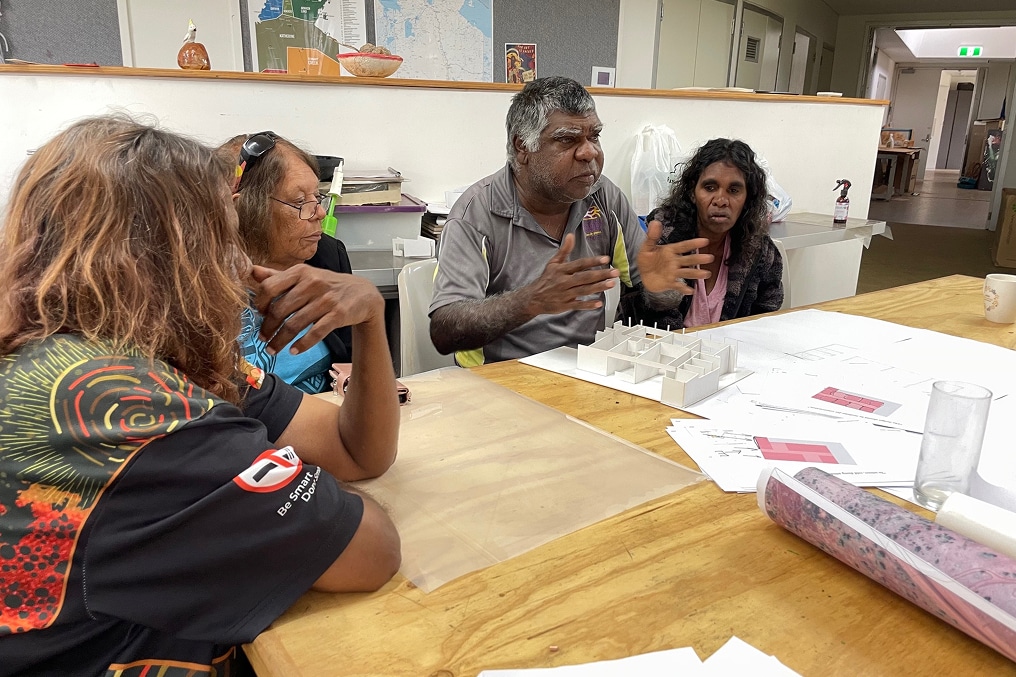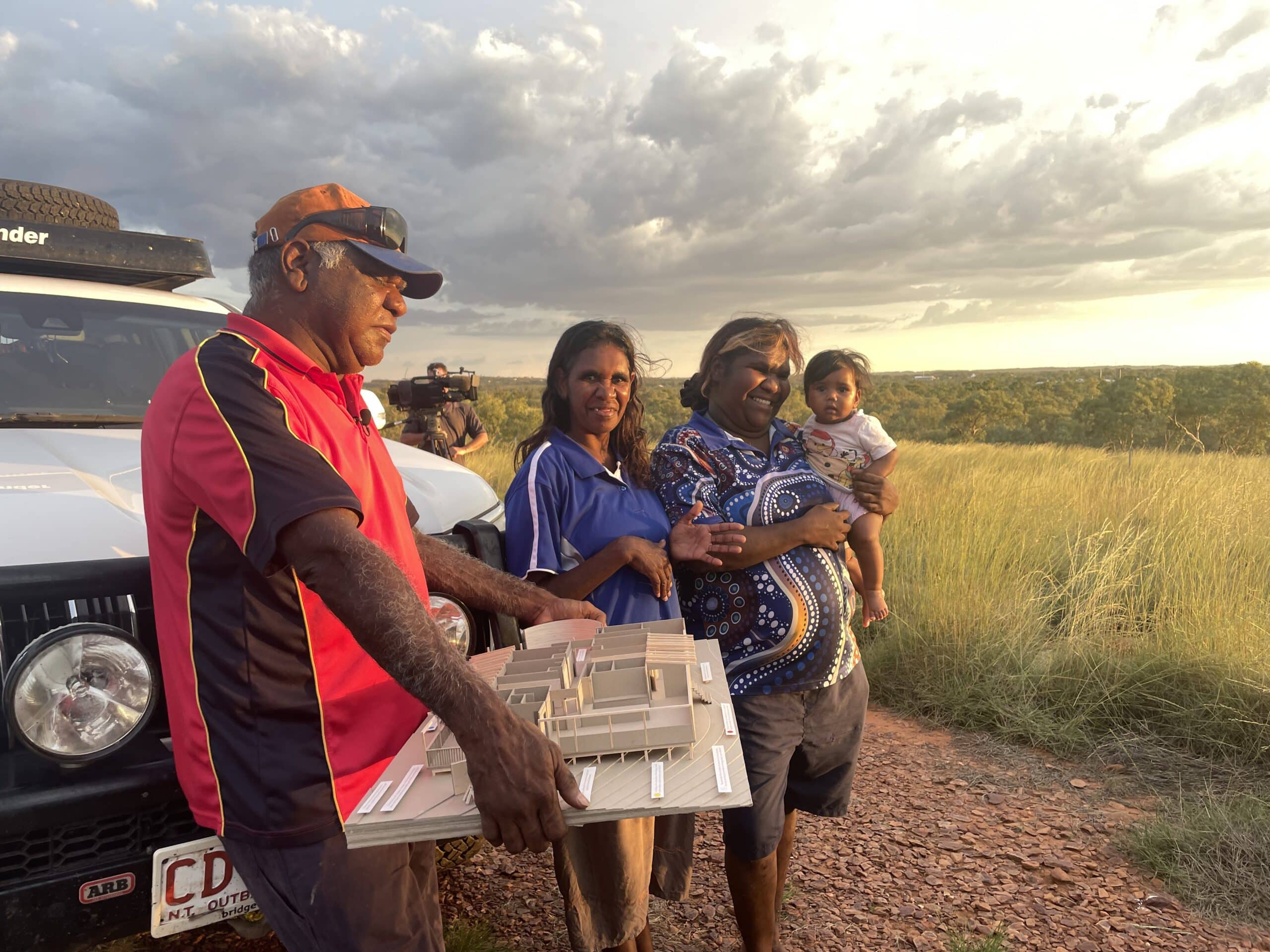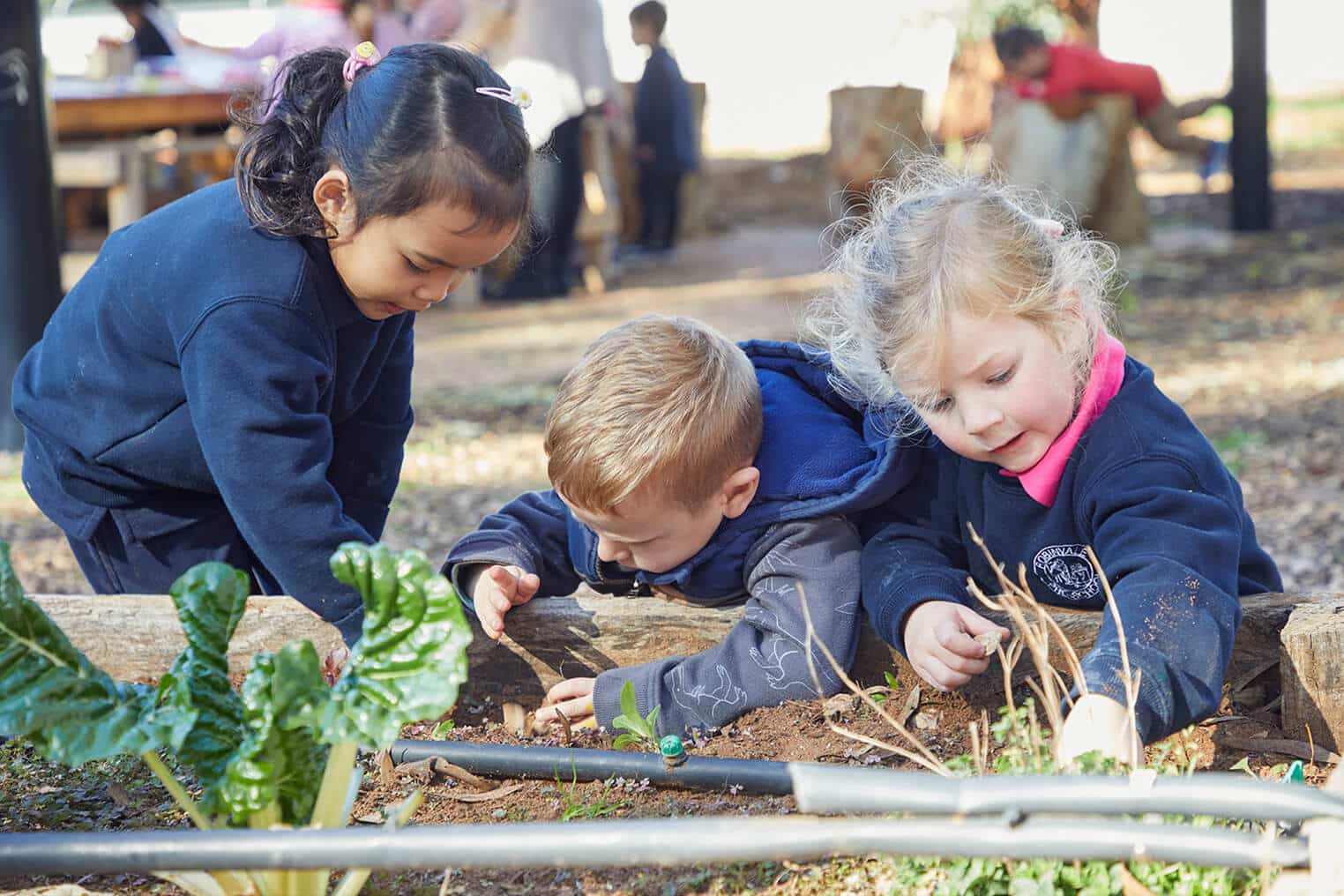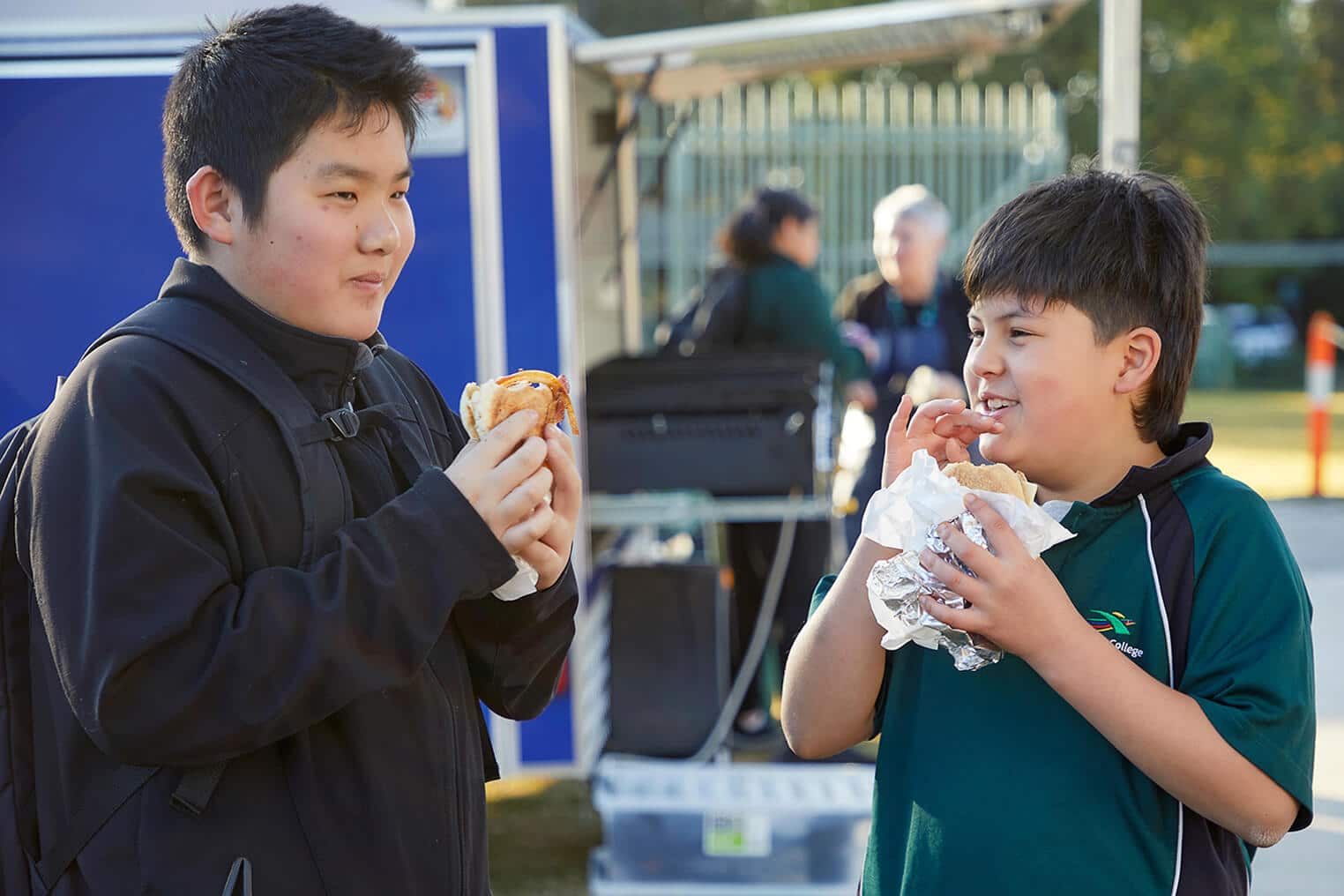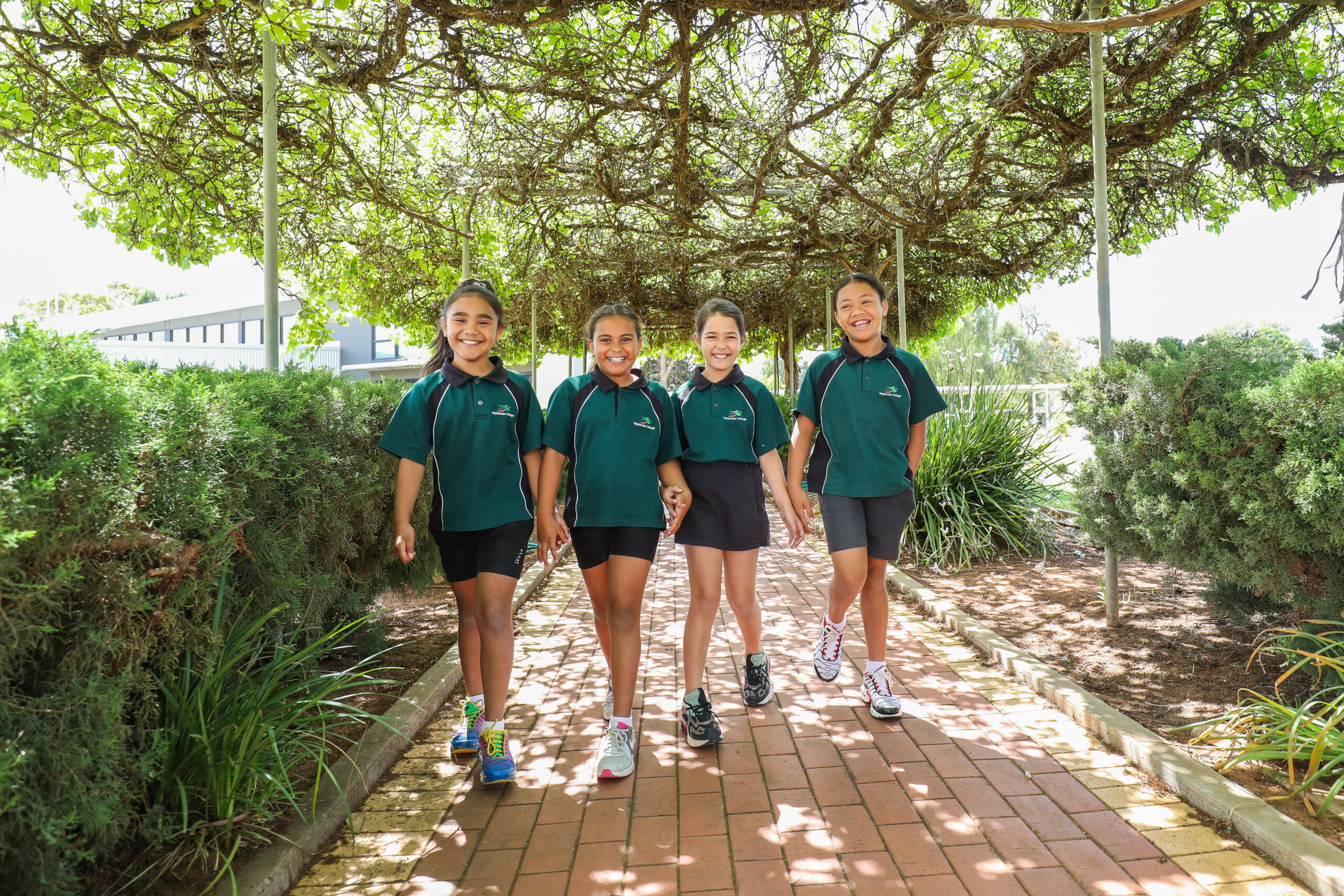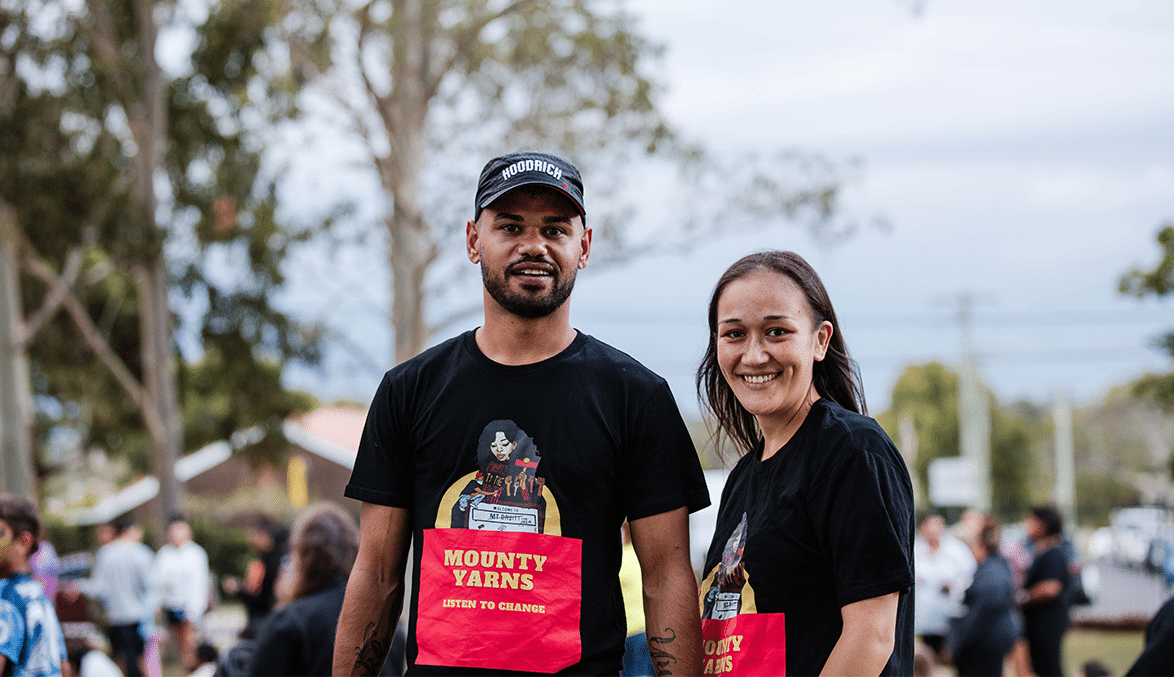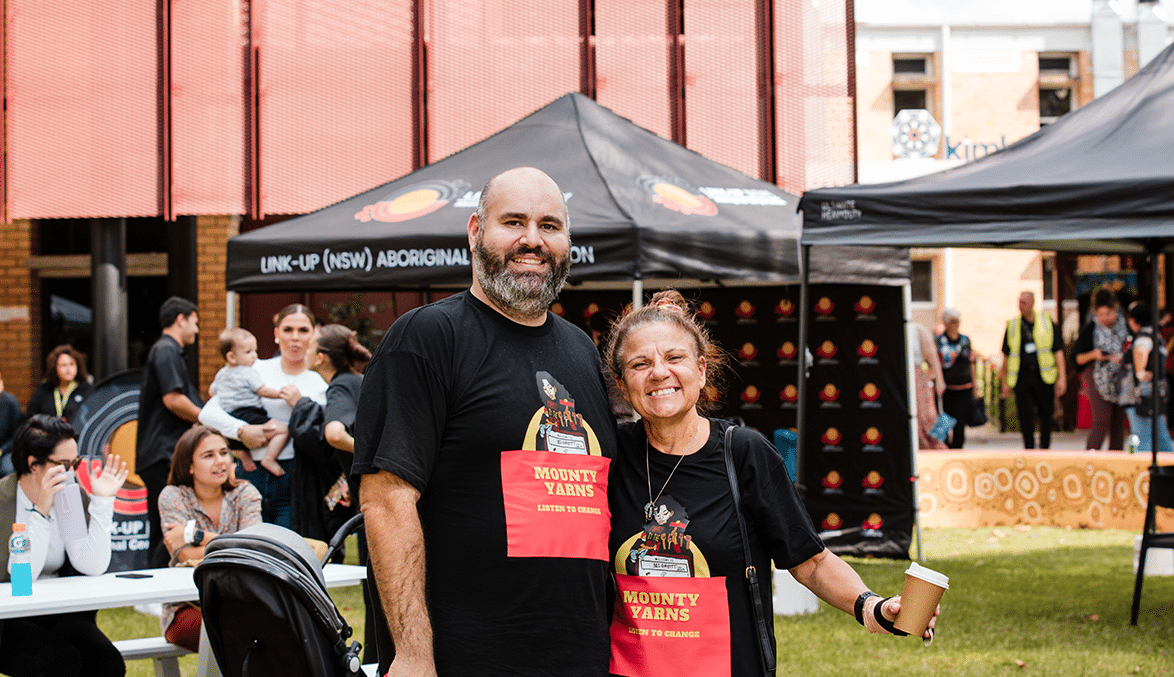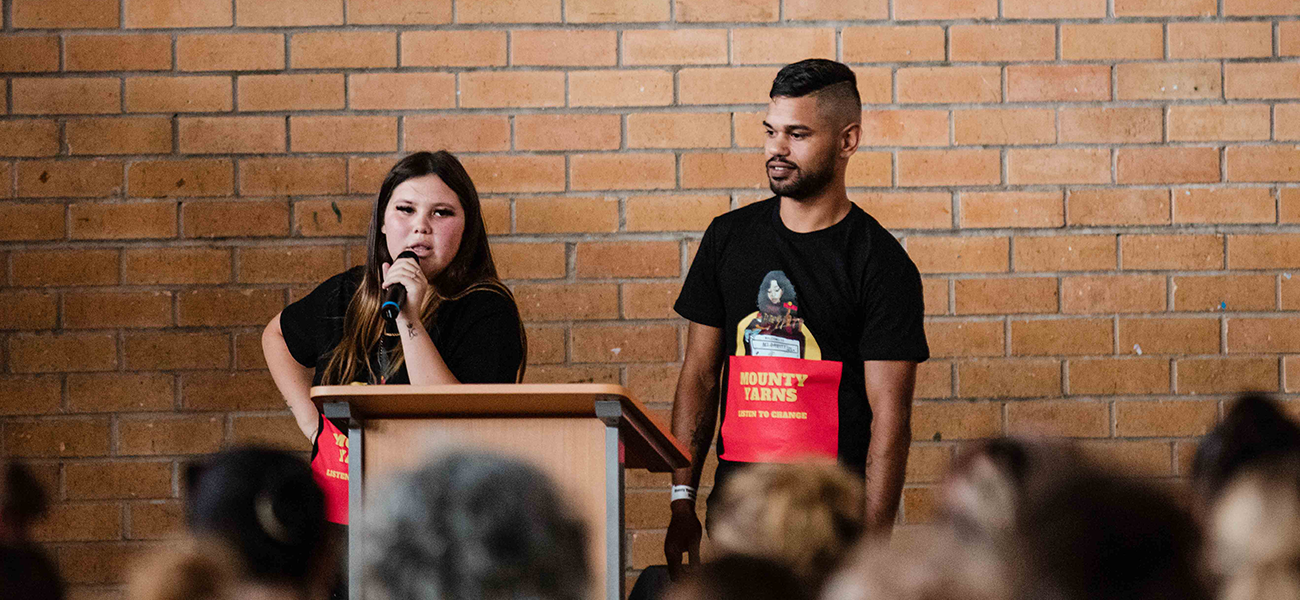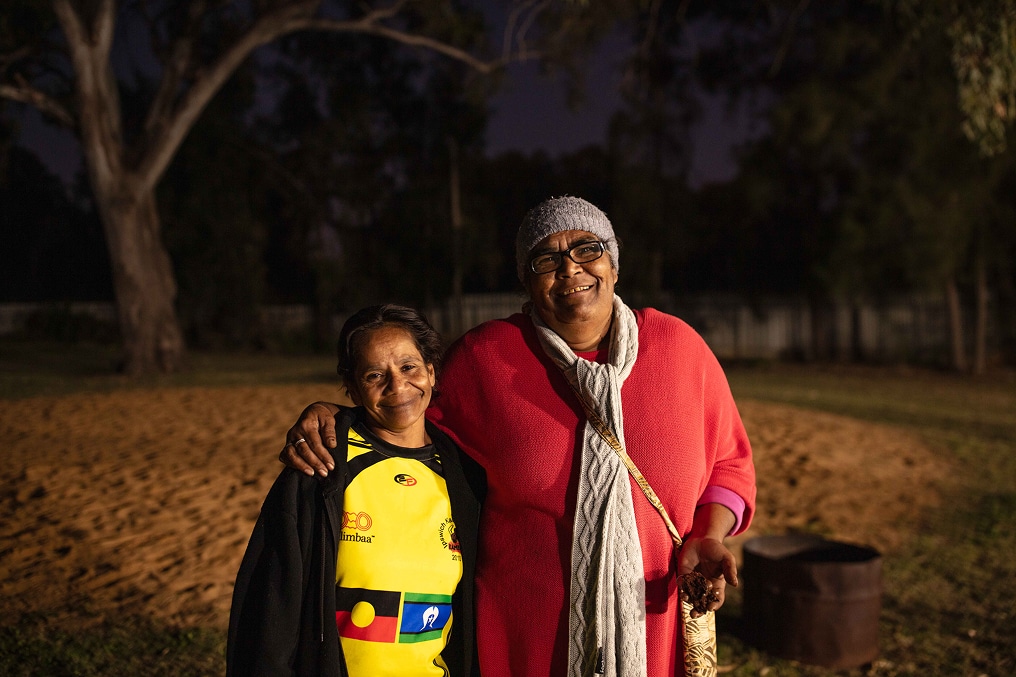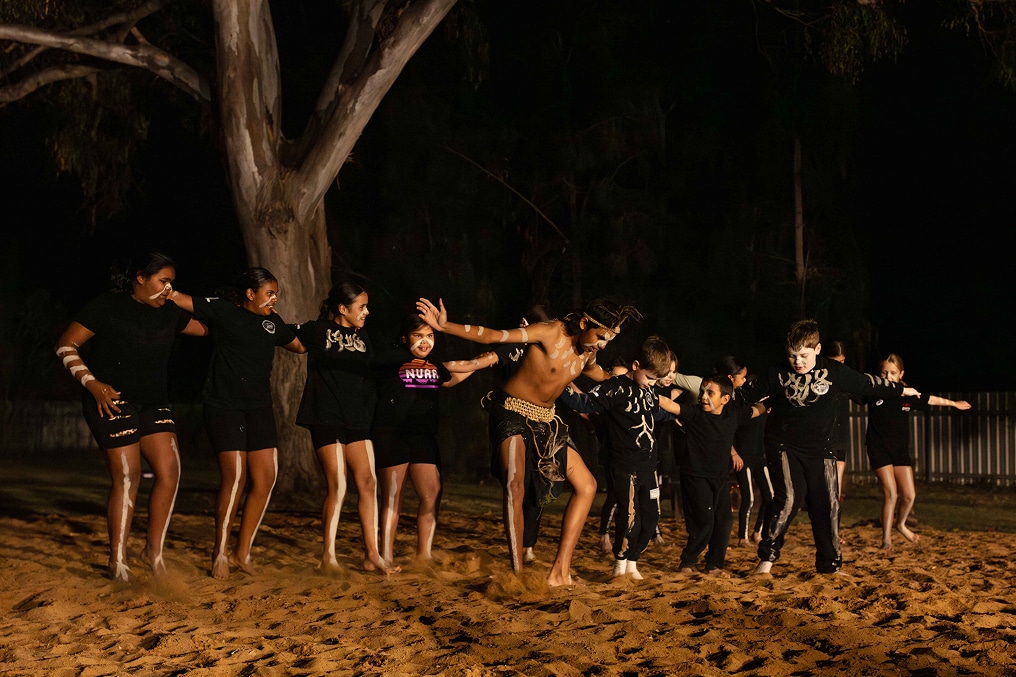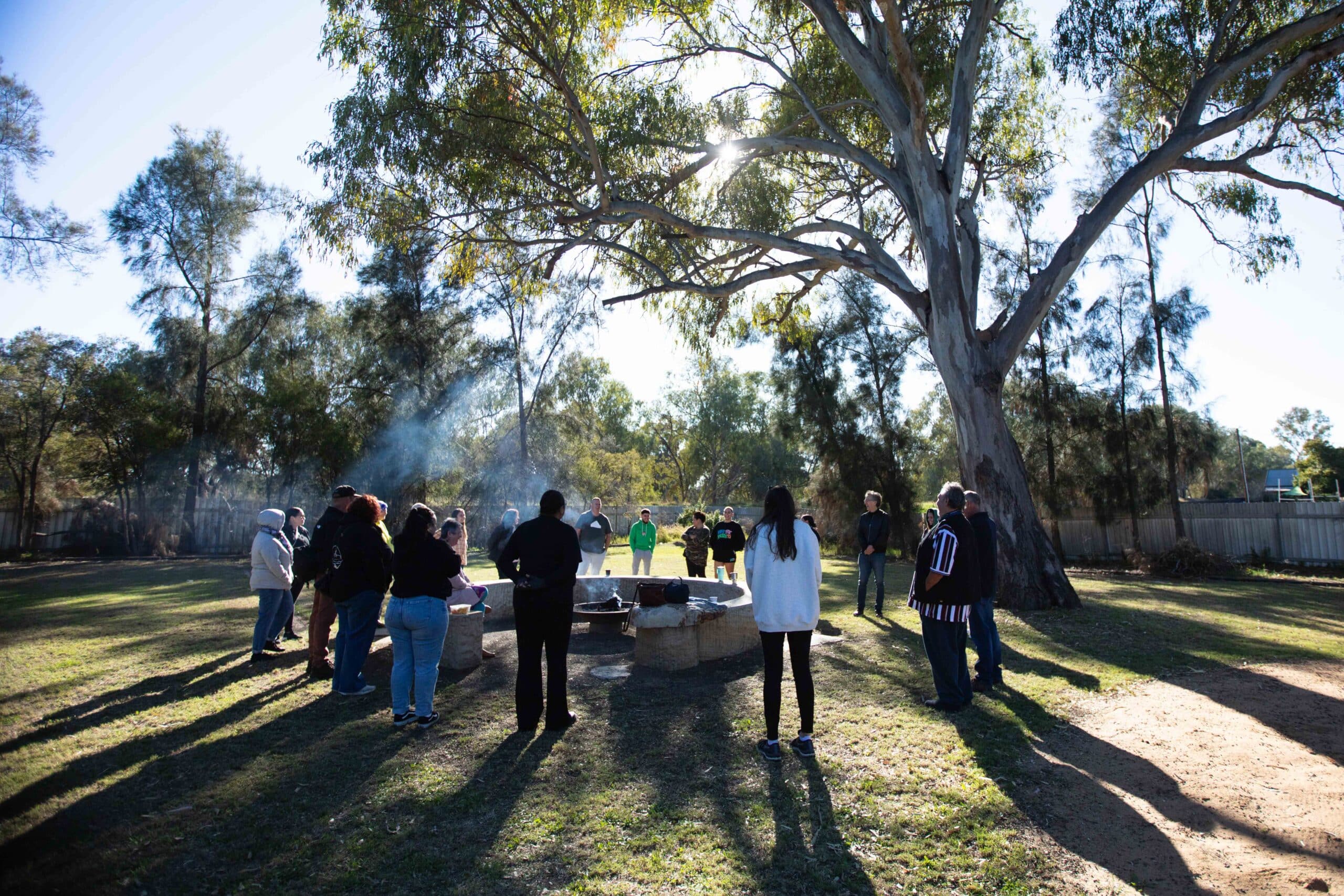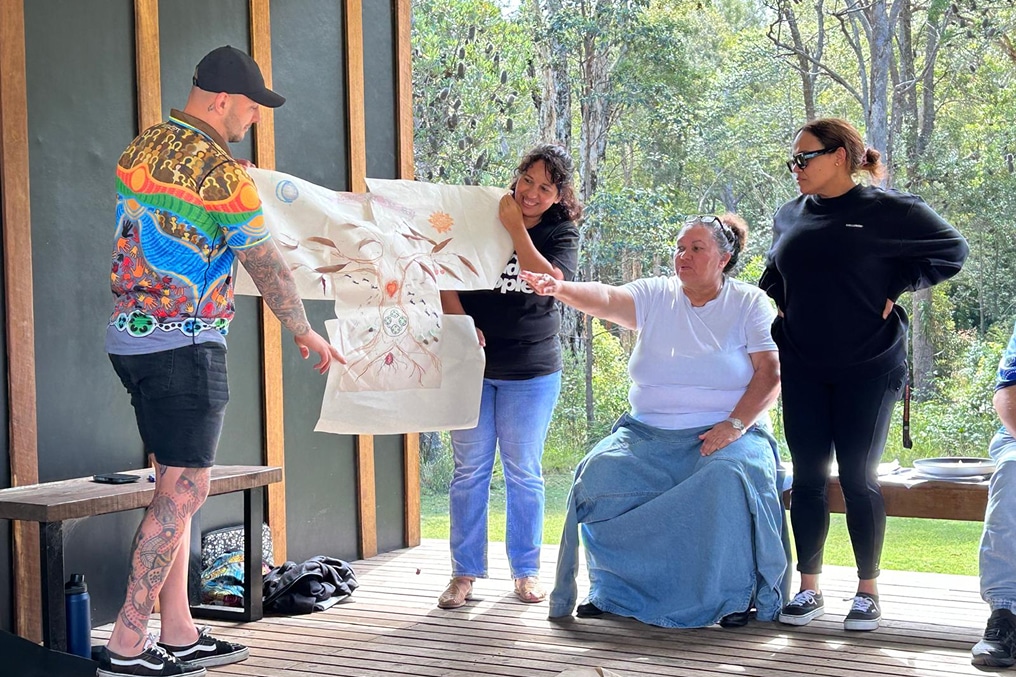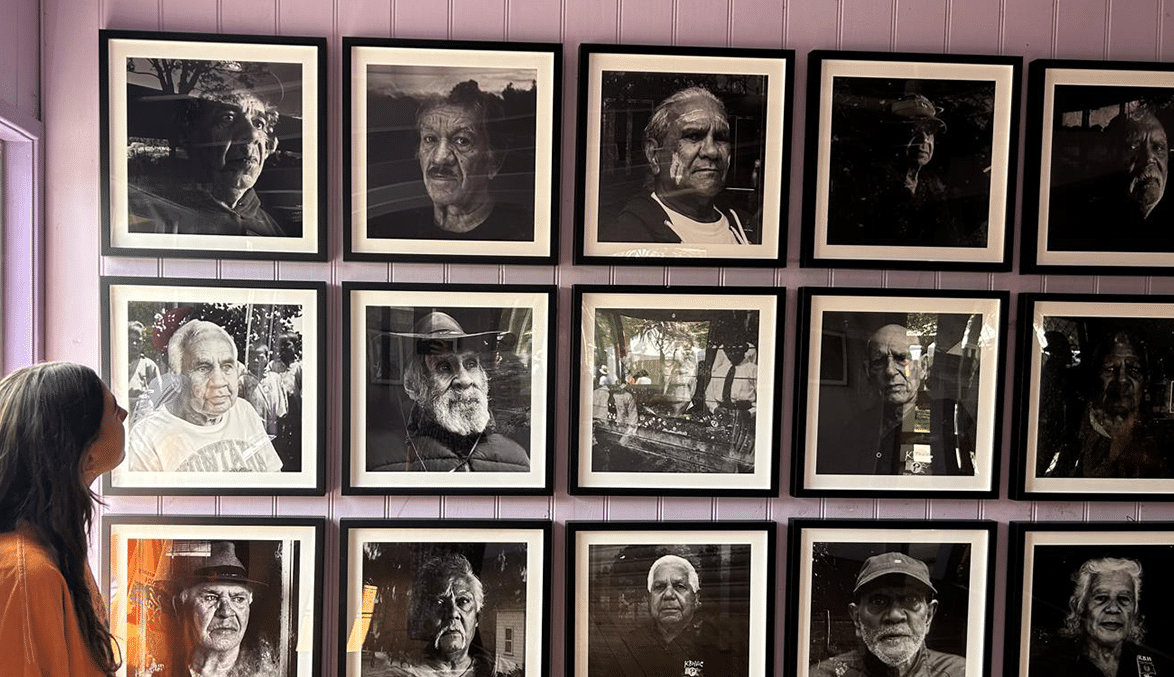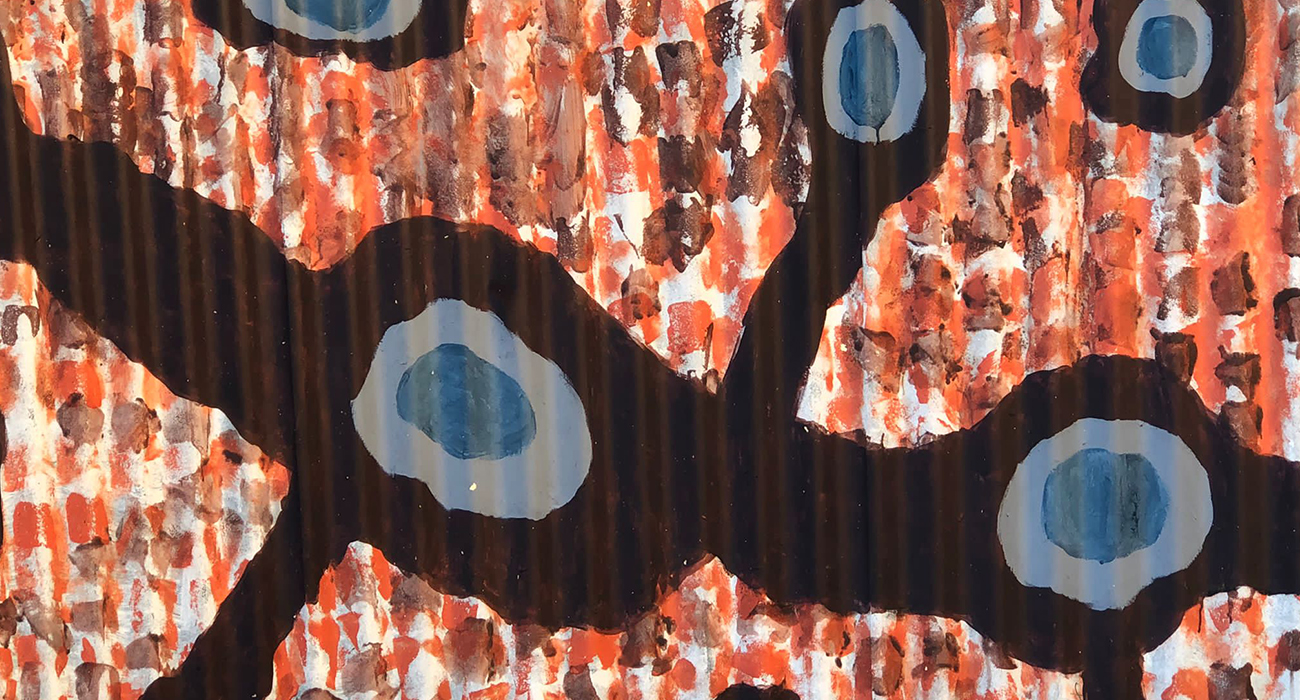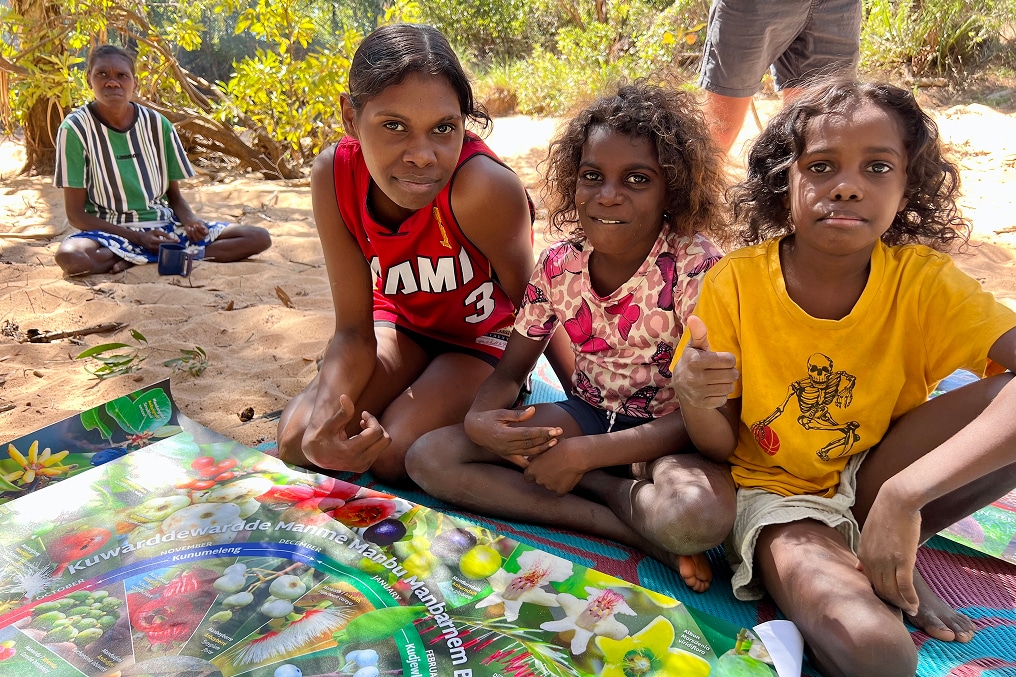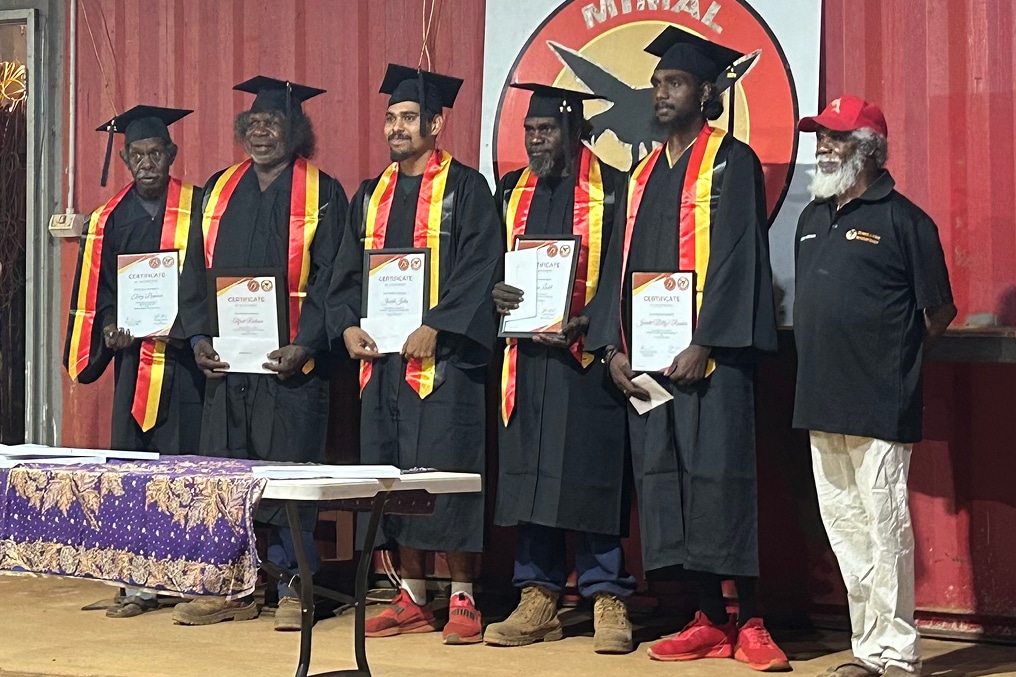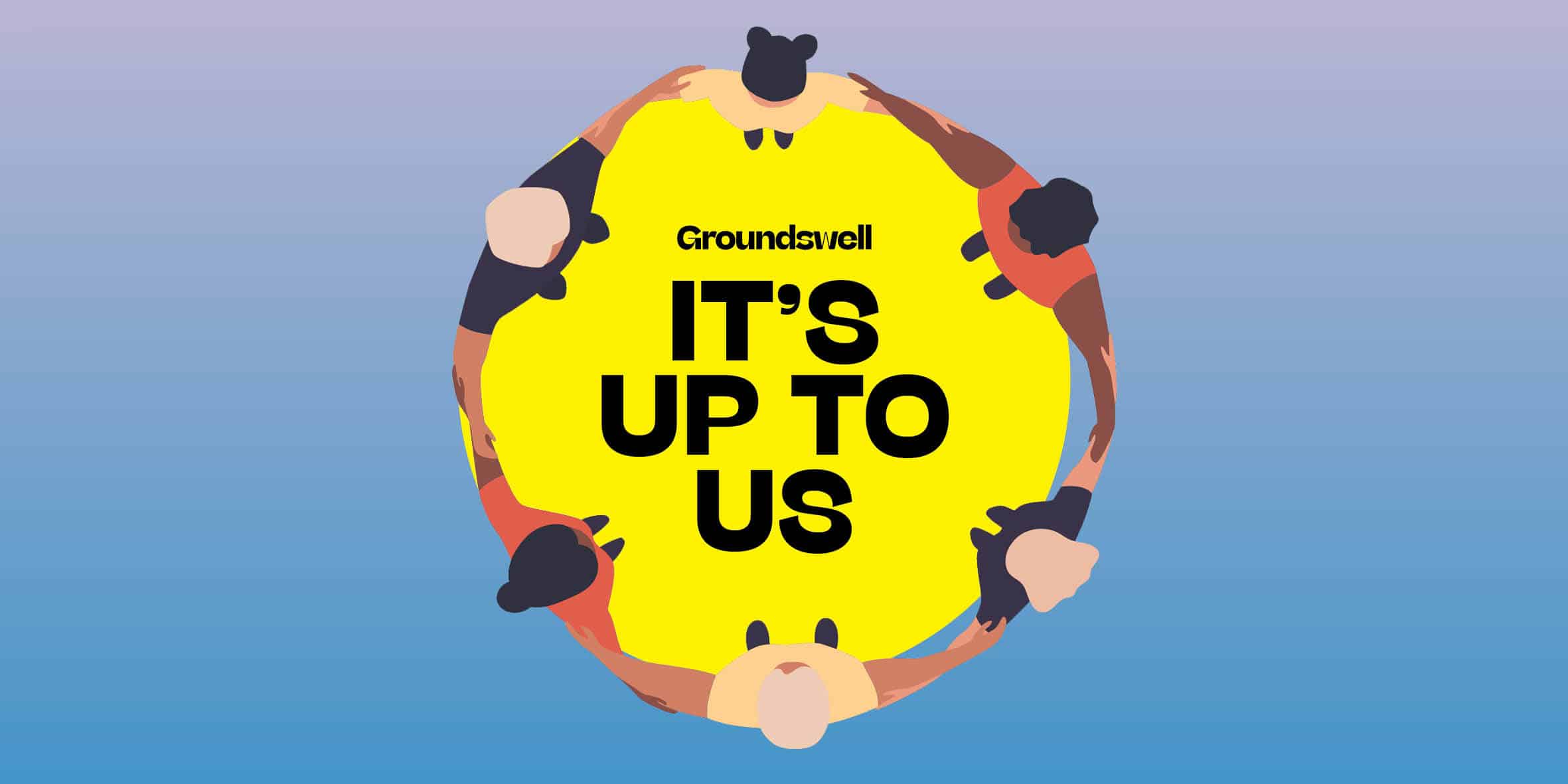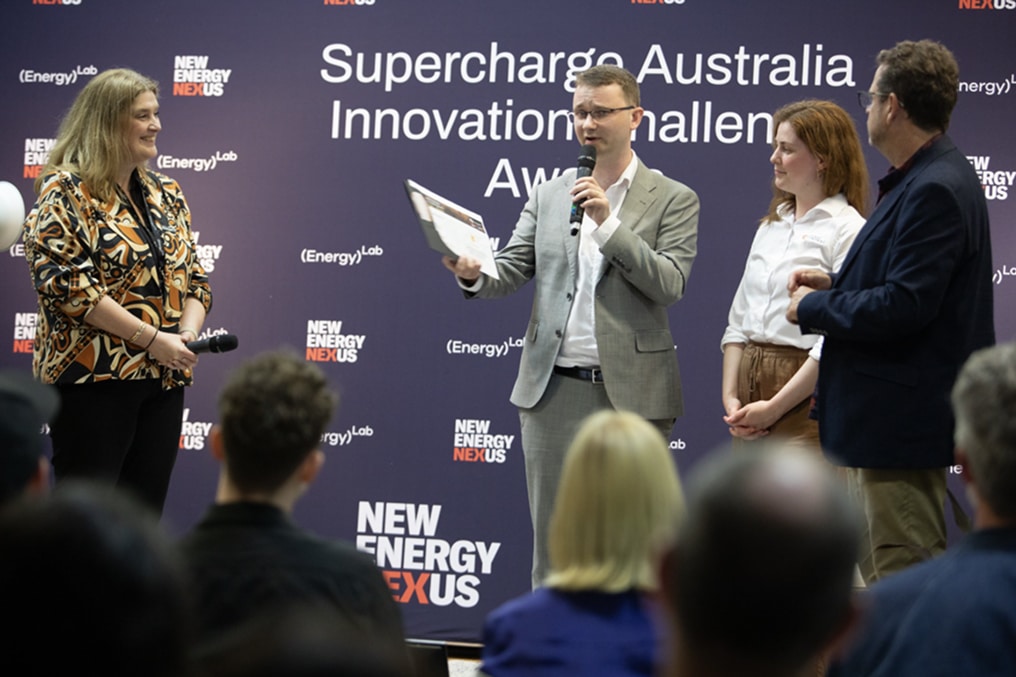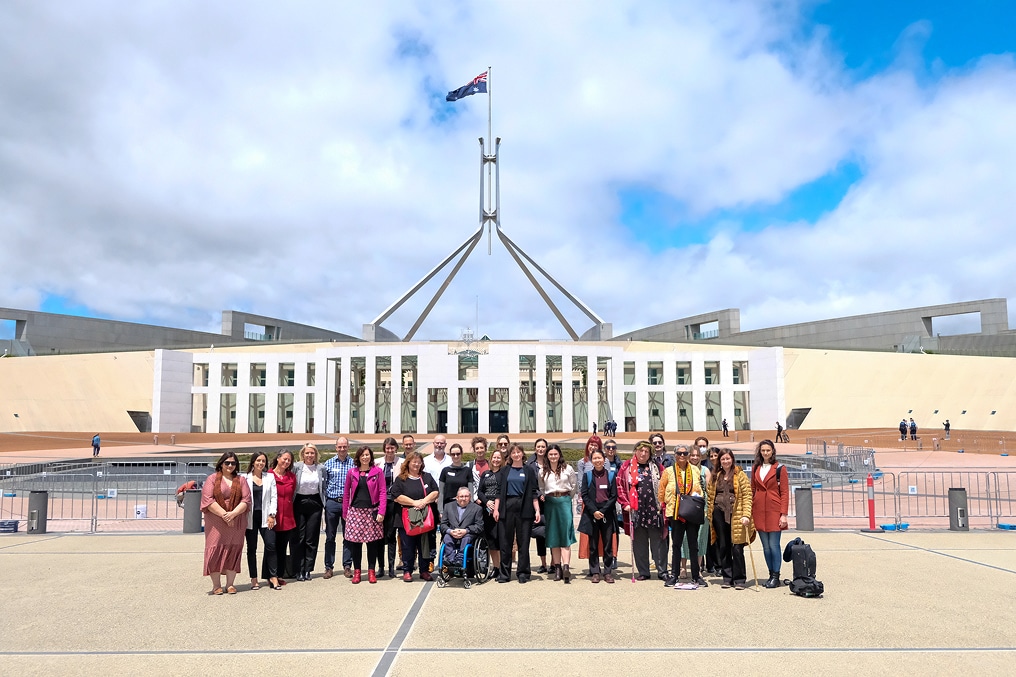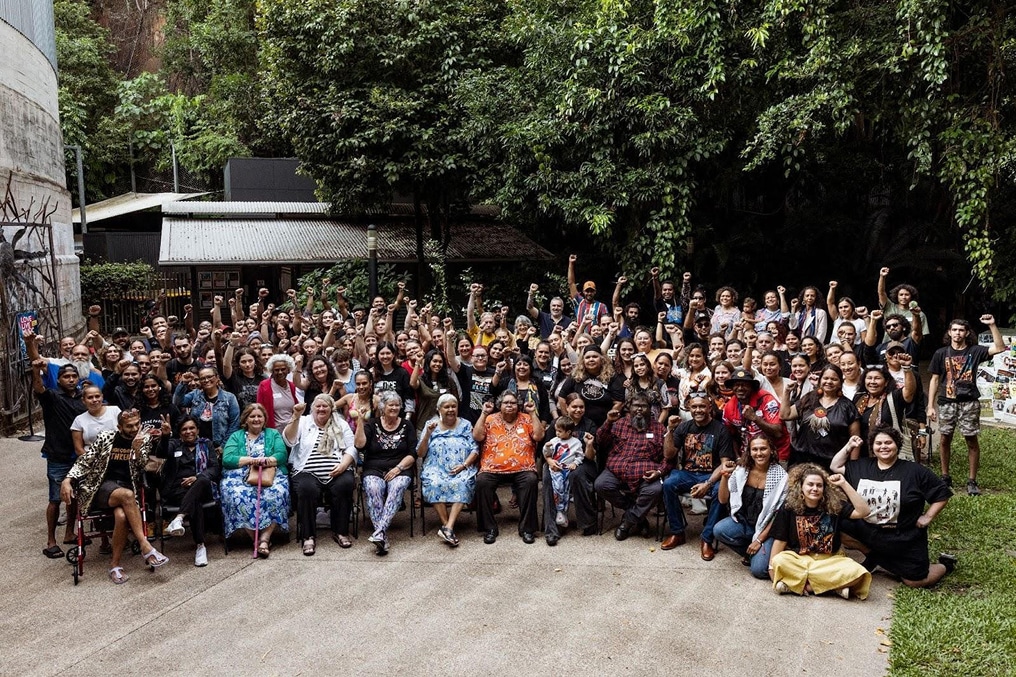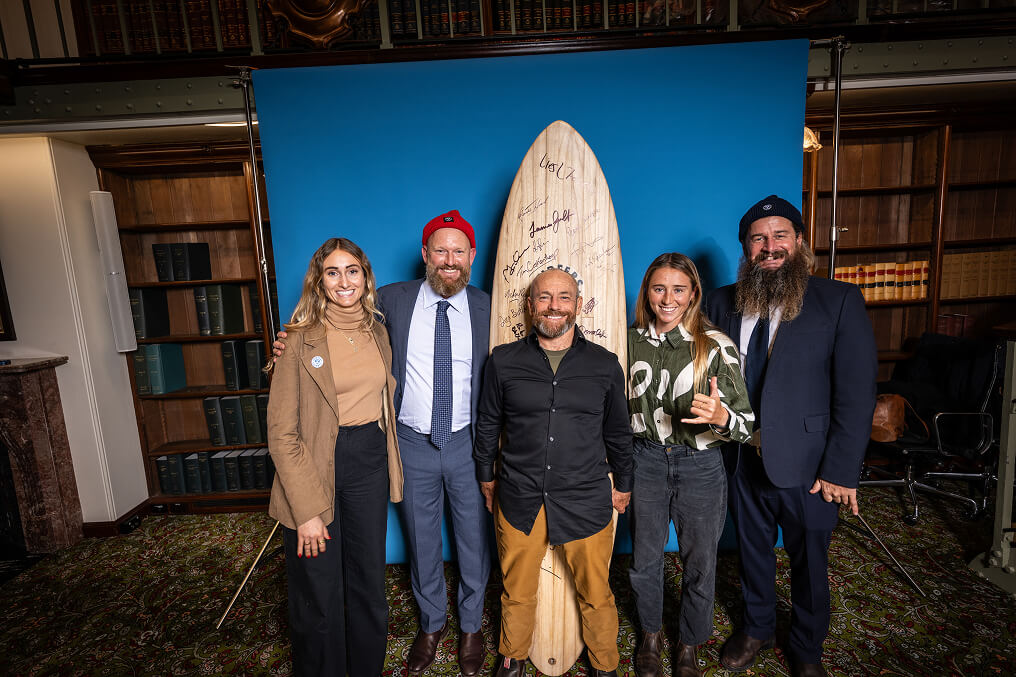In July 2025, Partnerships for Local Action and Community Empowerment (PLACE) concluded its inaugural Community Roadshow and Listening Tour with a live-broadcast event from Melbourne. With satellite gatherings in Perth and Brisbane, and a national audience joining online, the session brought together voices from across the country. Sean Gordon AM, PLACE Board Chair, Luke Craven, PLACE CEO, Karyn Walsh, Micah Projects CEO, Rowena Mouda, Ngunga Group Women’s Aboriginal Corporation CEO, Joselle Griffin, Tasmania Aboriginal Legal Service Project Officer, and Daniel Daylight, Mounty Aboriginal Youth and Community Services CEO shared insights and hopes for the future of community-led, place-based change in Australia.
Launched in September 2024 after many years in the making, PLACE was born from community leadership. It recognises that hundreds of communities across Australia are already driving change, shifting outcomes in areas as diverse as employment, education, health, youth justice, early years development, climate resilience, and environmental regeneration.
Early leaders in this work came together with a vision: to create a national support system that could connect these communities with each other to share lessons and opportunities. PLACE was created in the spirit of those aspirations, as a backbone organisation working to accelerate workforce development, research, evidence, and data sharing, while leaning into shared challenges.
There’s a real opportunity in a national centre like PLACE to identify where shared challenges exist and try to shift the needle at the national or state level.
Luke Craven PLACE CEO.
Over a 12-week Listening Tour, PLACE received responses from more than 200 communities and visited 53 in person. The reflections have been captured in a capstone report and webinar, laying the groundwork for national systems change grounded in community experience.
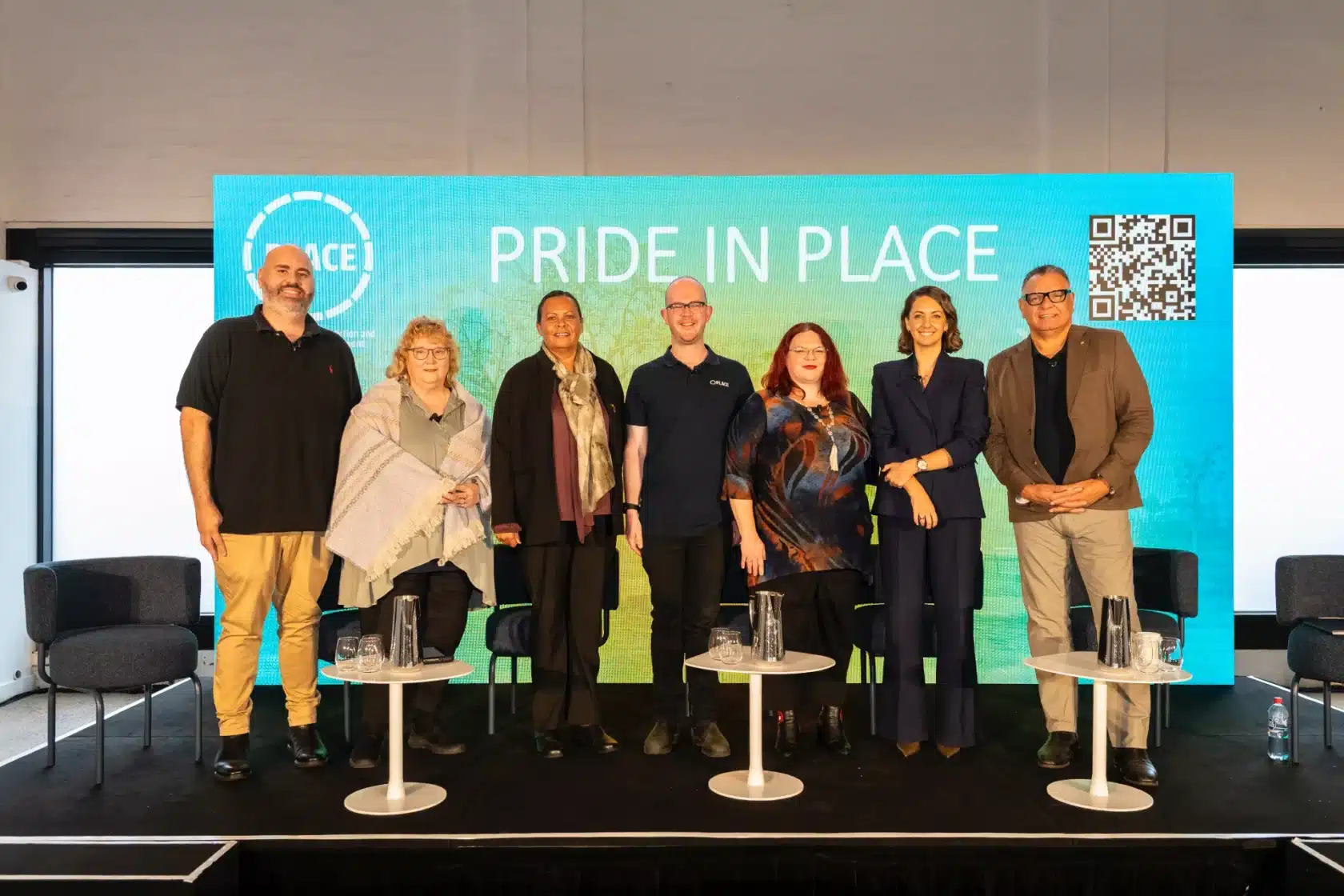
Photographer: Tiffany J Garvie
During the Melbourne event Sean Gordon posed a fundamental question: “Are we winning?” He spoke of the urgent need to address disparities between First Nations and non-First Nations communities, including the overrepresentation of children in out-of-home care and high incarceration rates.
The opportunity of PLACE for me is accepting that what we’ve been doing isn’t working. We must try something different. The ‘something different’ for me is PLACE.
Sean Gordon AM, PLACE Board Chair.
Sean emphasised the significance of PLACE as a joint investment from government and philanthropy. “To invest in a body that amplifies the voice of place-based development and recognises the systemic and structural challenges that exist, in this relationship between communities and government, that makes it difficult for our communities to progress.”
Short-term funding cycles tied to political terms, he argued, cannot deliver the long-term change communities need. “Ten-year investment cycles and beyond equals stability. Structural change is needed. Systems reform must be the priority.”
Stories, aspirations, and voice
The Listening Tour was built on deep listening that starts with stories, not solutions. As Rowena Mouda from Derby said,
PLACE, you’ve taken the stories we’ve shared, you’ve taken the vision of where we’d like to head. Be our voice at the tables we may not be sitting at and may never get the opportunity to sit at.
Rowena Mouda, Ngunga Group Women’s Aboriginal Coorporation.
“It’s important that our stories and the heart and passion that we share them with are voiced to people that make that policy and system changes so we have the opportunity, with investment, to make those goals and aspirations real for us.”
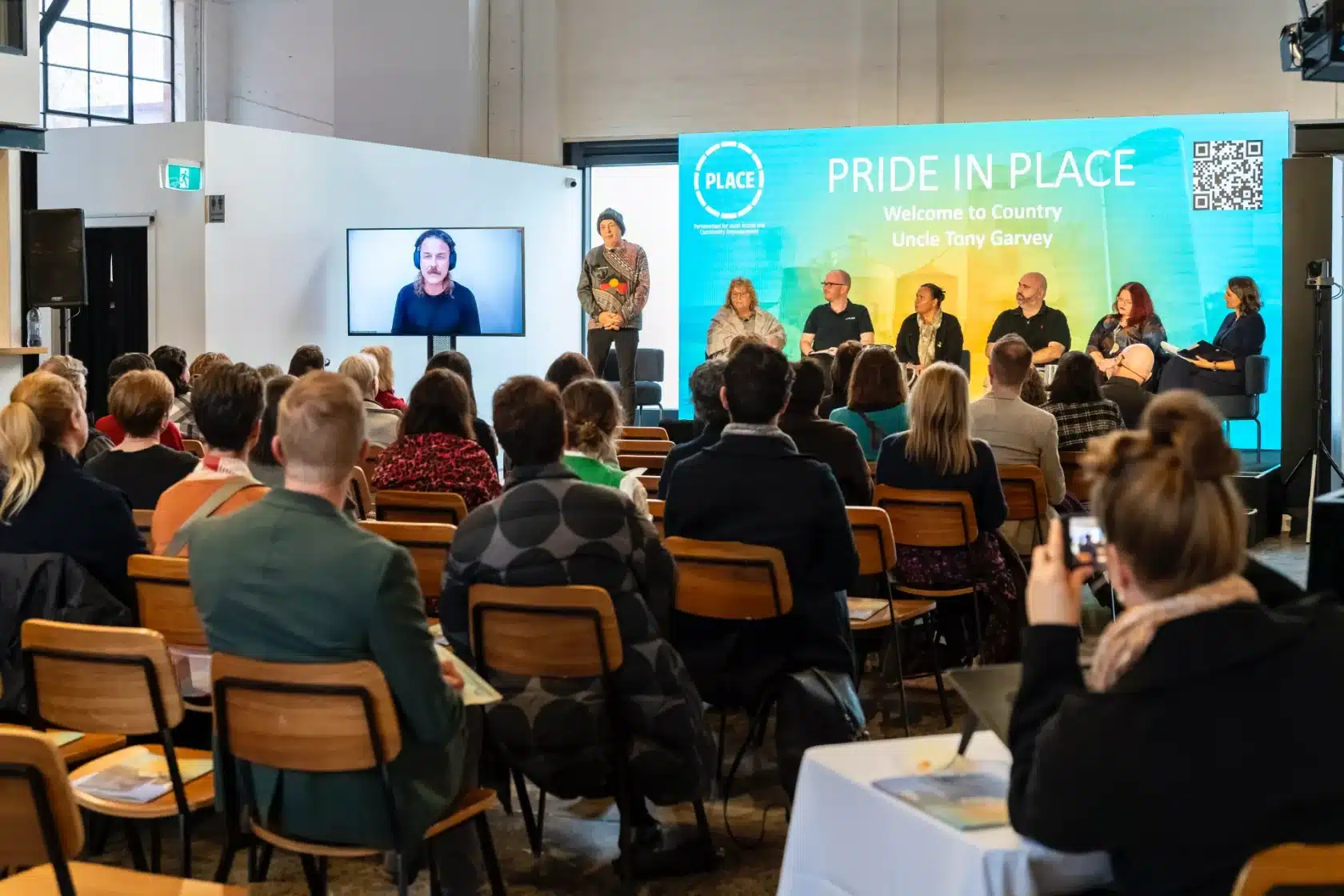
Power in coming together
PLACE has served as a catalyst for connection between communities and across sectors. The challenge, as many participants noted, is that both government and communities often mirror silos. Reform is needed on both sides. “If we’re going to truly drive change at a local level, we have to look at how we break those silos down at a community level where we’re collectively coming together to drive positive change for the individuals that we’re providing a service to,” Sean Gordon said.
“Advocacy is stronger when you are advocating as a collective community together to government to say: these are the needs of our community as a collective. Communities have all of the need. Government has all of the resources. How do you connect those with the resources up to those with the needs? That, I think, is the opportunity of PLACE.”
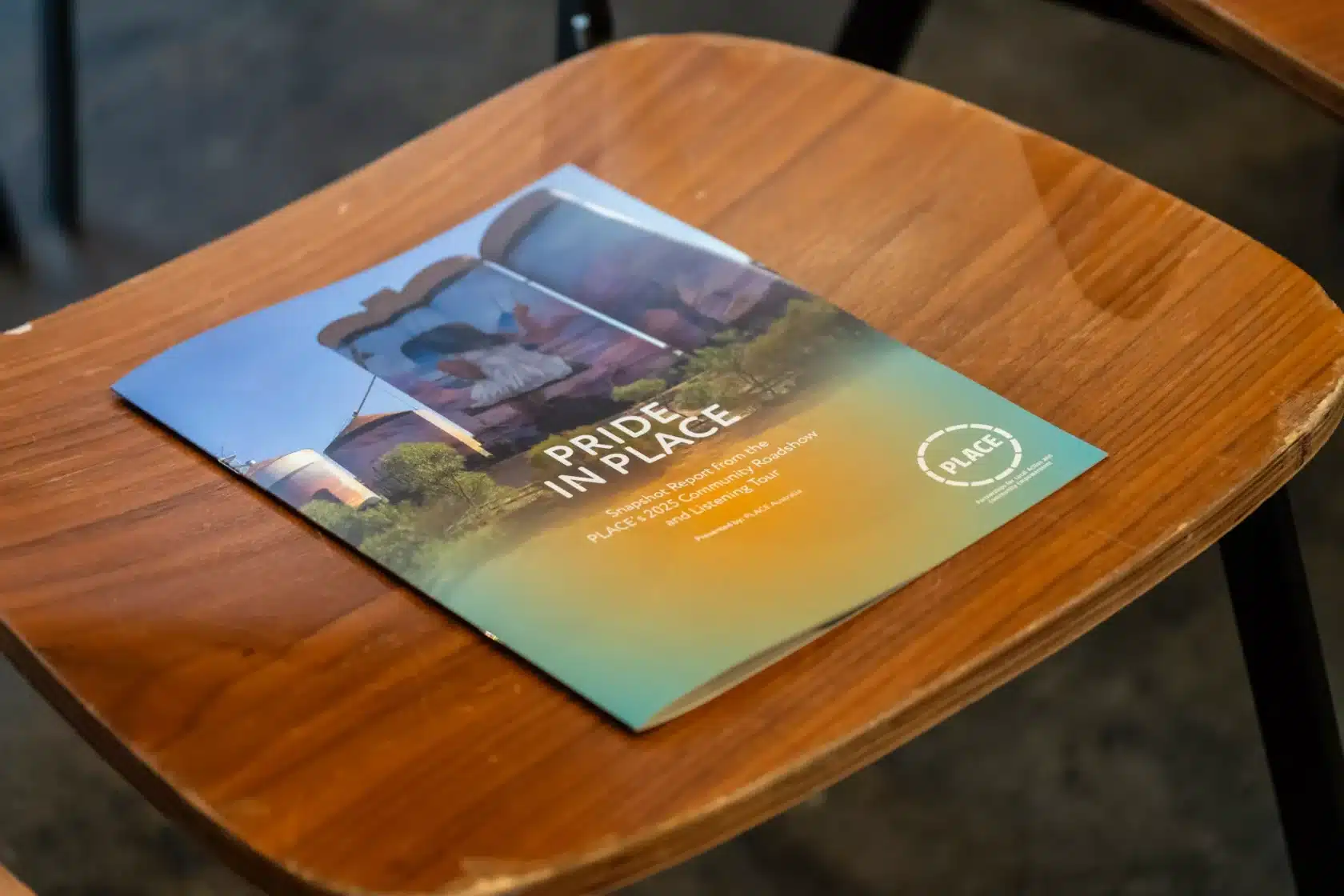
Not another bureaucracy
PLACE has a clear role to play. It is not another layer of bureaucracy, but a champion for what communities are already doing on the ground. It helps lift that advocacy, support workforce development, and identify shared priorities. It connects communities with each other, so they can learn from what’s working and advocate for better policy.
Participants described PLACE as a “power board plug-in” between government and community. Supporting communities based on their needs, not their label, means recognising the unique ways each place operates, governs, and gets things done.
Daniel Daylight, speaking from Mount Druitt, said it simply:
Start well by making people the heart of it. Let the resources be something that blossoms and grows around it.
Daniel Daylight, Mounty Aboriginal Youth and Community Services CEO.
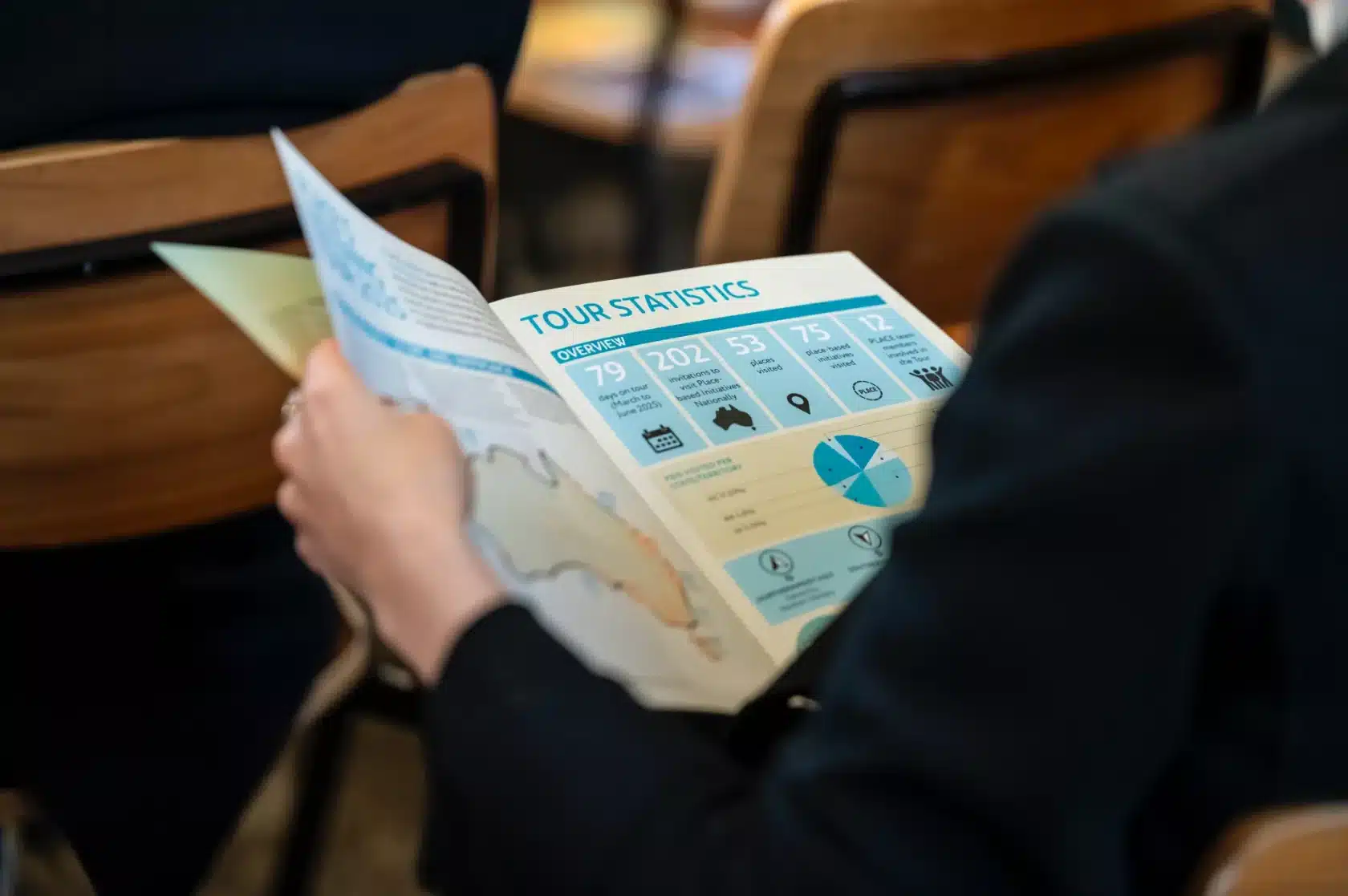
Learning, healing, strengthening
The panel also highlighted what gets in the way of progress: short-term funding, excessive red tape, invisible labour, fragmented efforts, and superficial engagement.
Karyn Walsh spoke of the deeper repair work communities need.
How we look at healing is part of it. We are trying to change systems that have hurt people’s lives significantly. So you can’t move forward without that healing and recovery and citizenship.
Karyn Walsh, Micah Projects, CEO.
The future role of PLACE will be shaped by this collective insight. It includes supporting and teaching, sharing case studies and tools, and lifting up what’s working and challenging what’s not. It means making space for community leadership and decision-making, inviting philanthropy, business and government into that work with accountability and purpose.
And it means, as Joselle Griffin noted,
Cutting out a bit of the guff so we get the money to the programs that are needed on the ground.
Joselle Griffin, Tasmania Aboriginal Legal Service.
At its core, PLACE exists to help shift the way things are done from the top-down, to community-led. It recognises that real solutions come from those closest to the challenges. And it seeks to connect, amplify, and sustain those efforts so that more communities have the power to create change that lasts.
Read Pride In Place – 2025 Community Roadshow & Listening Tour Report.
